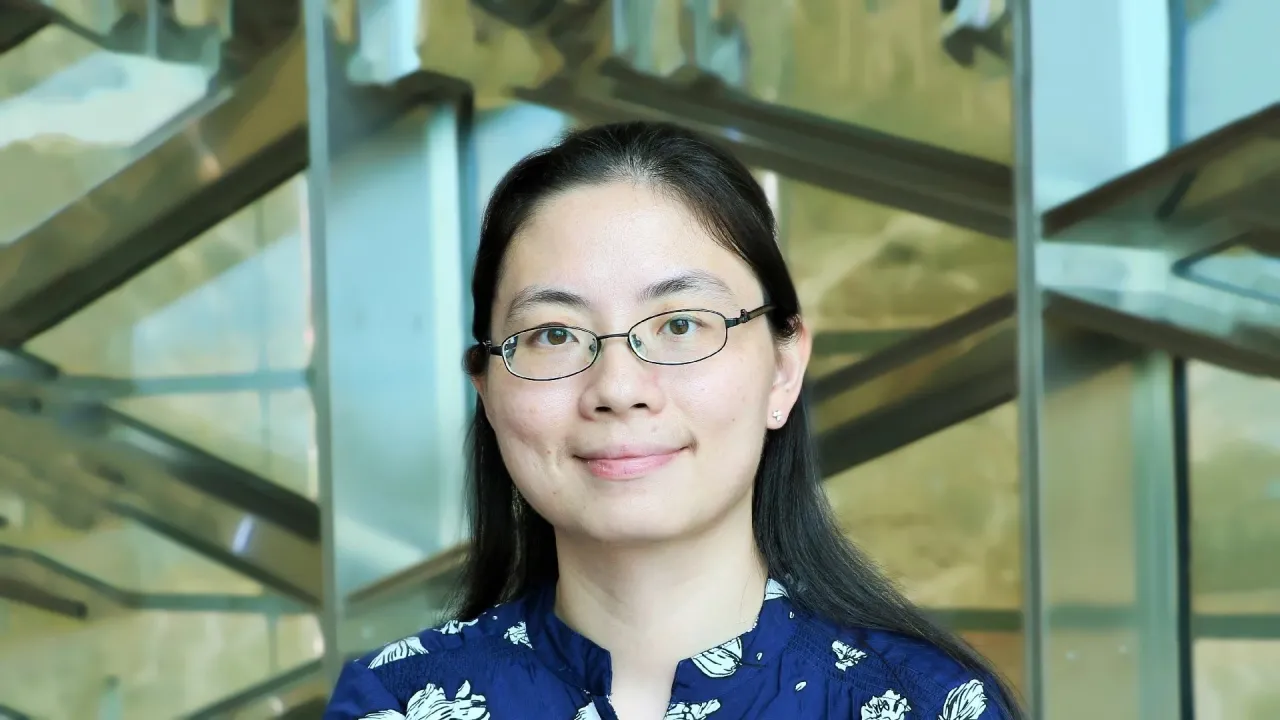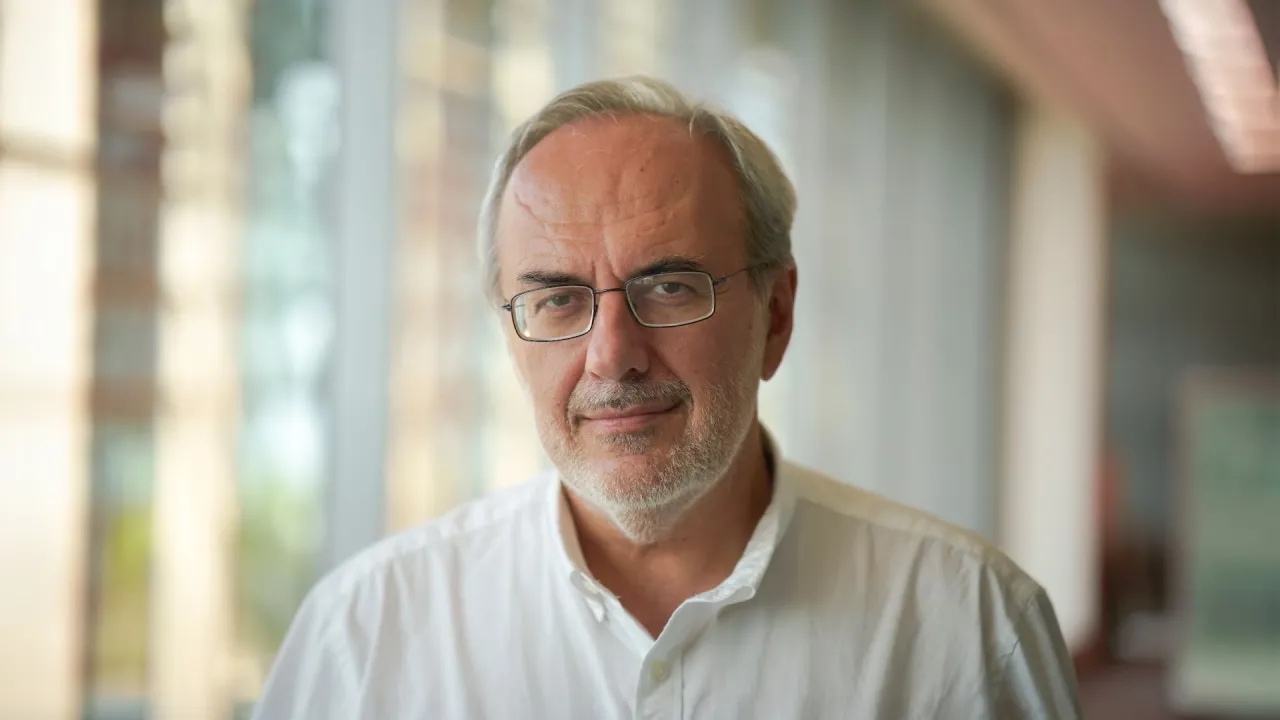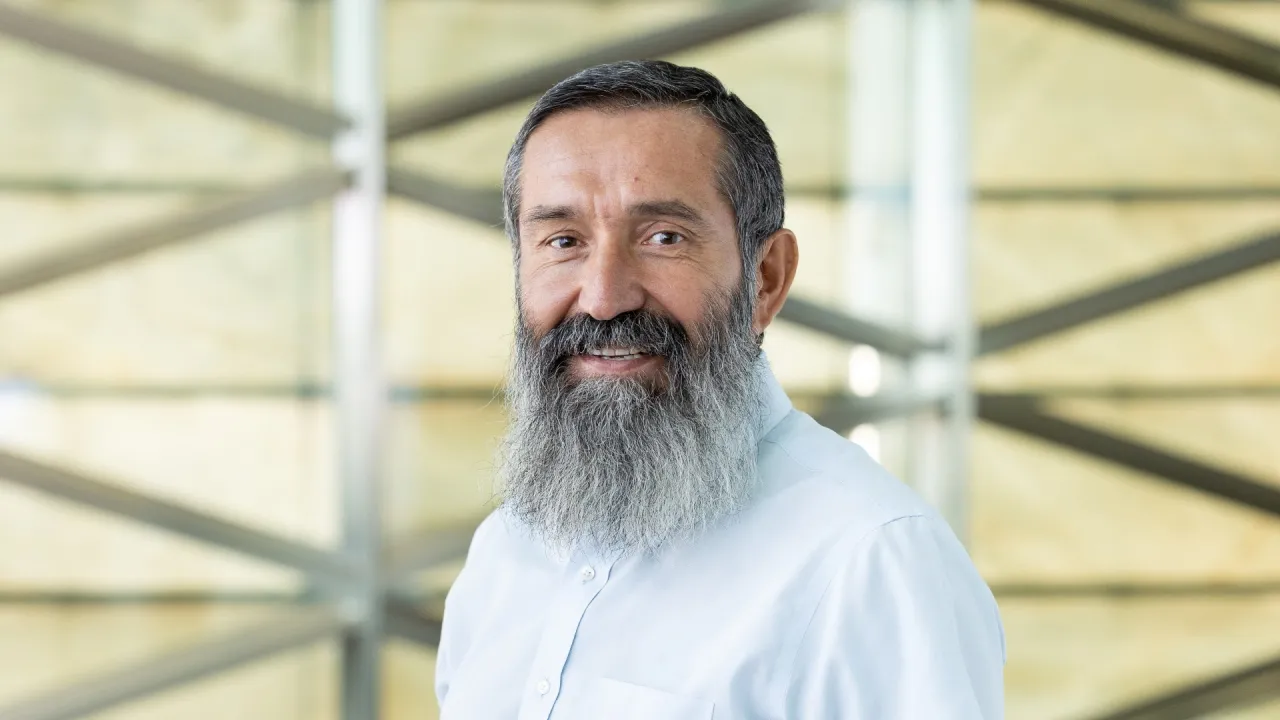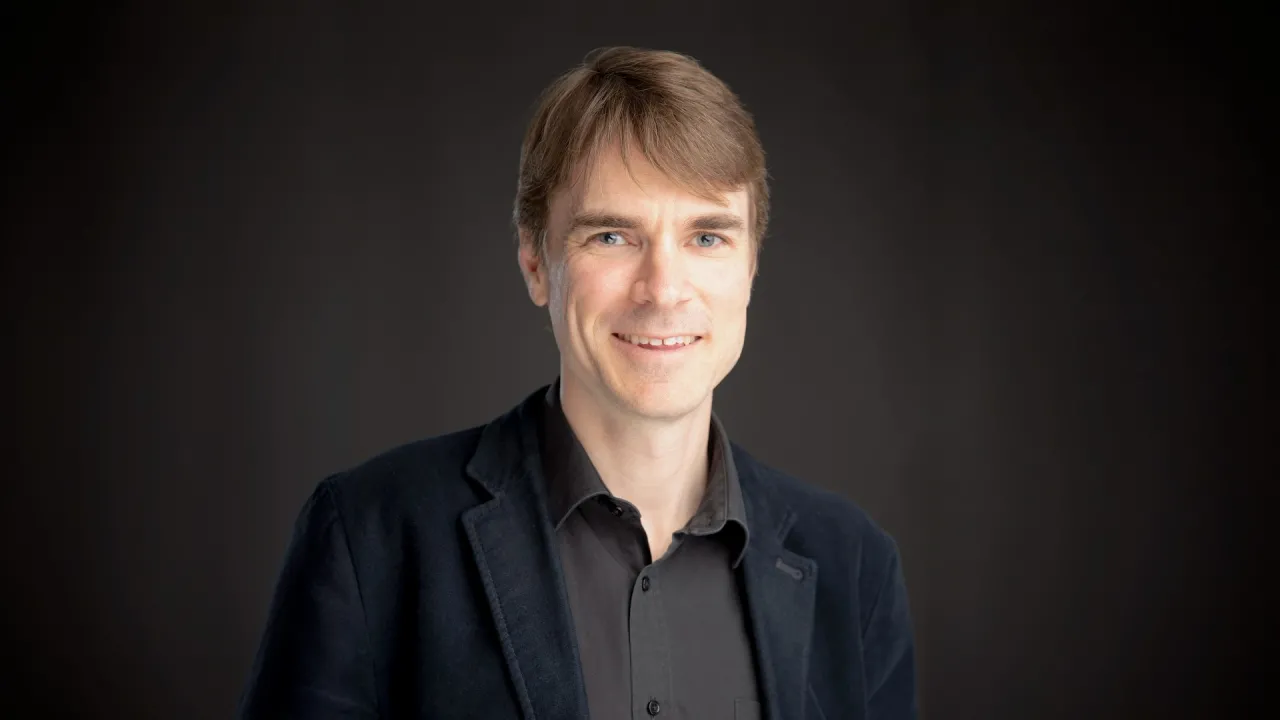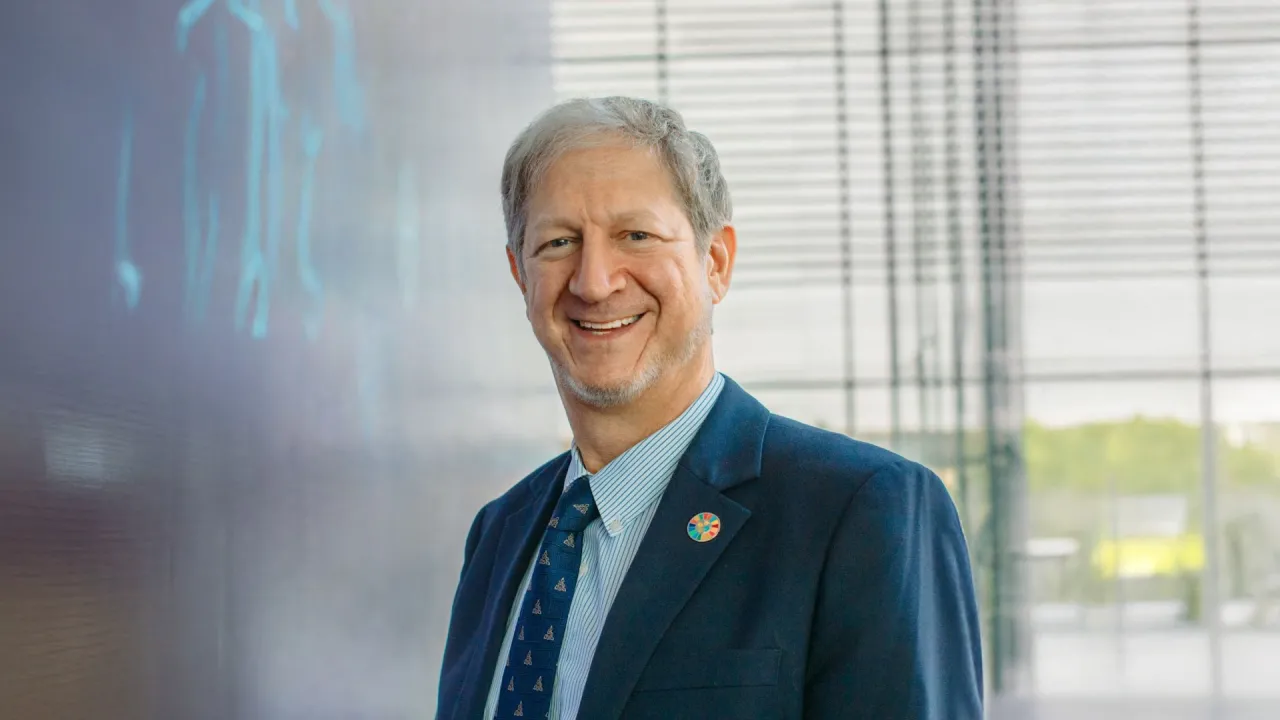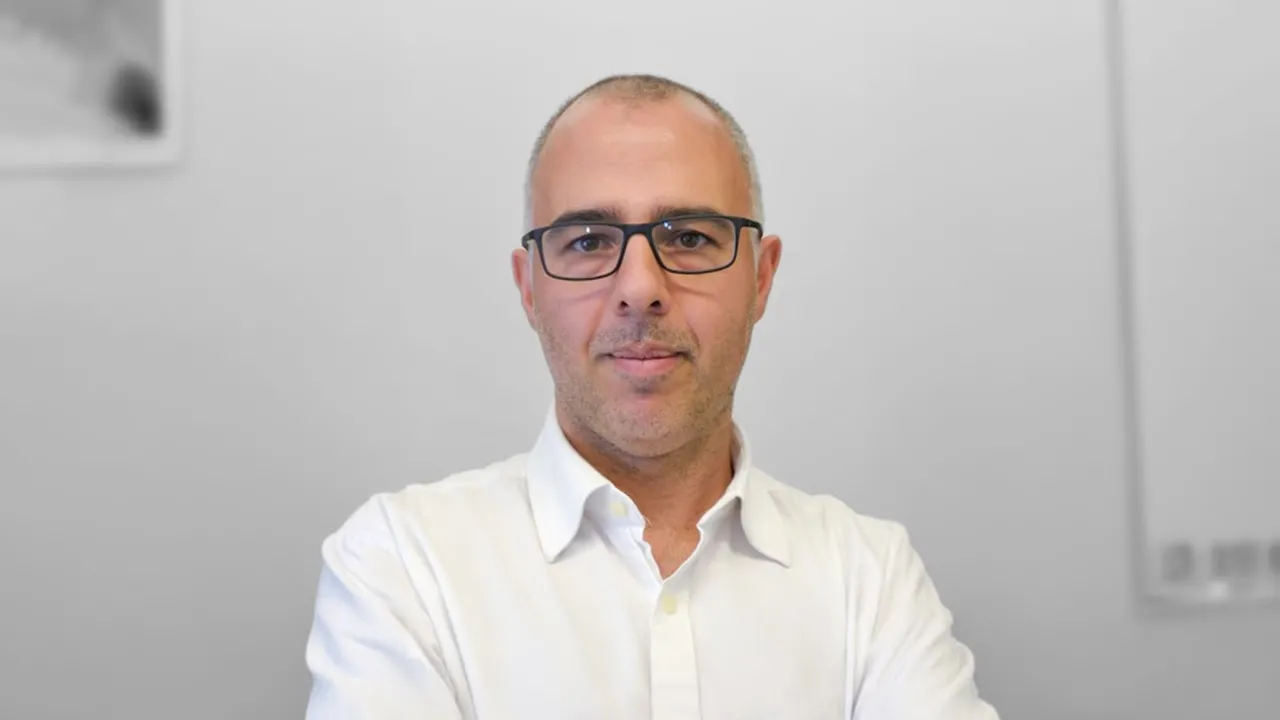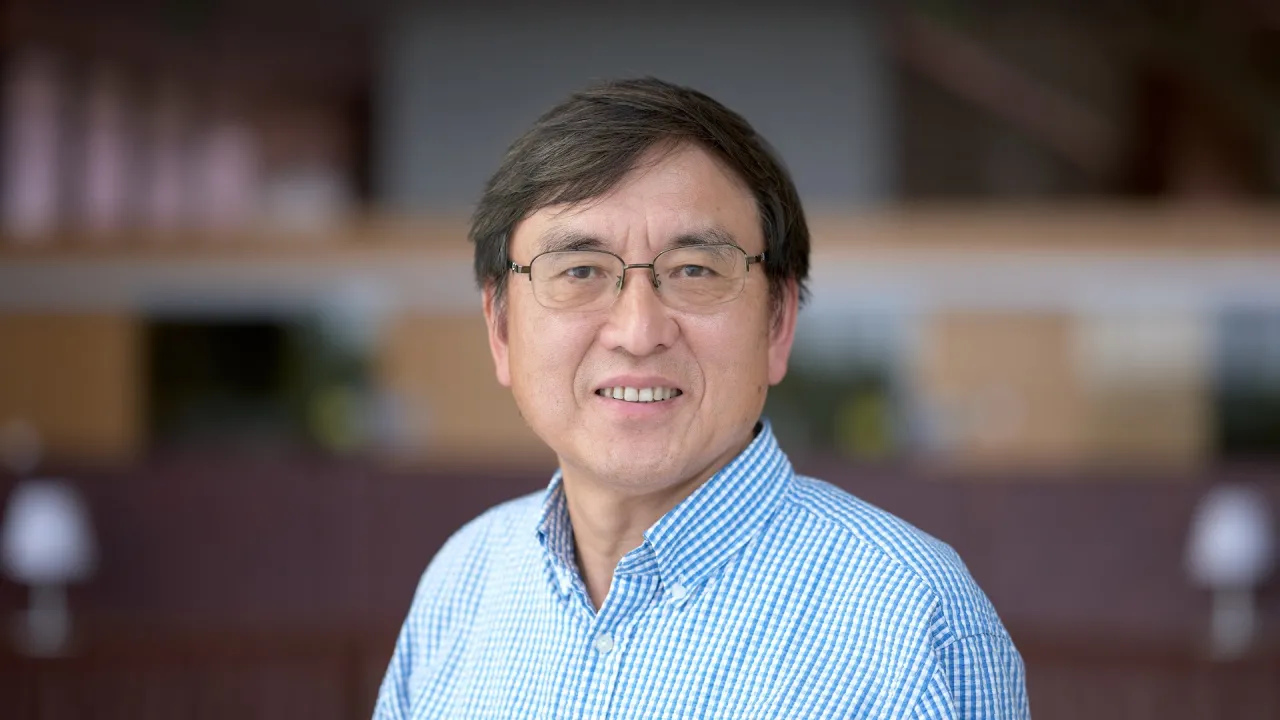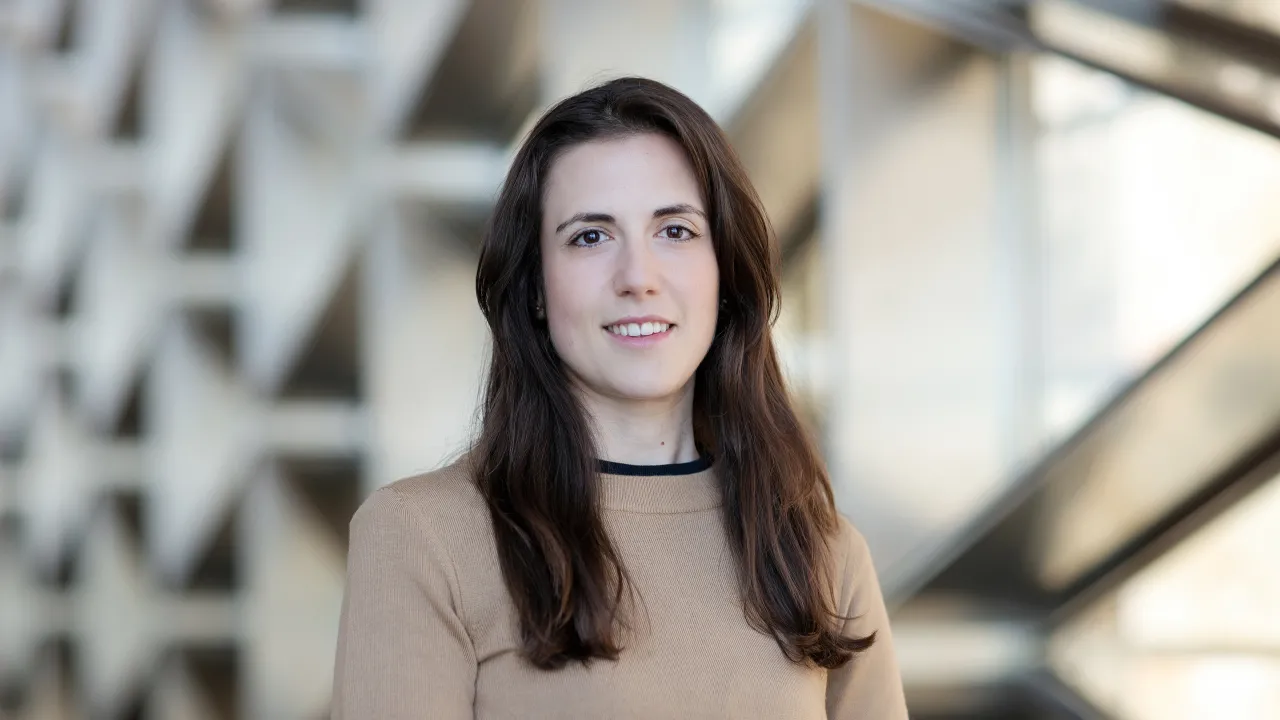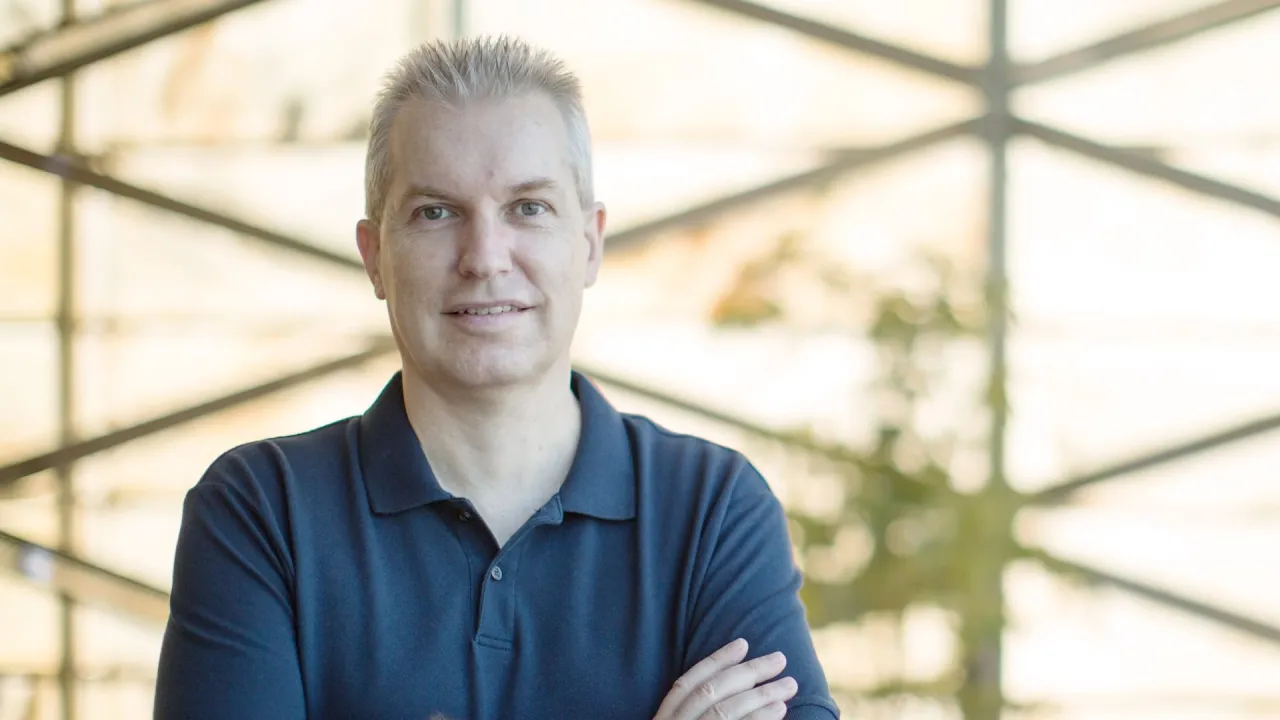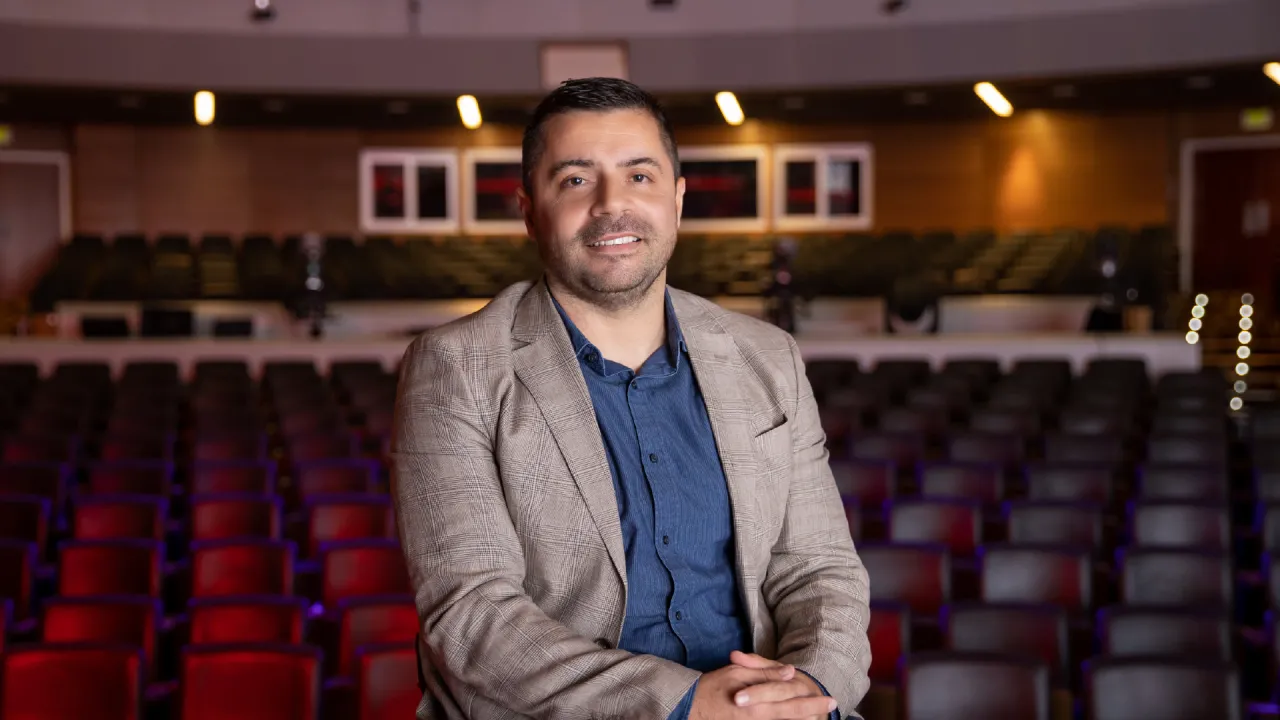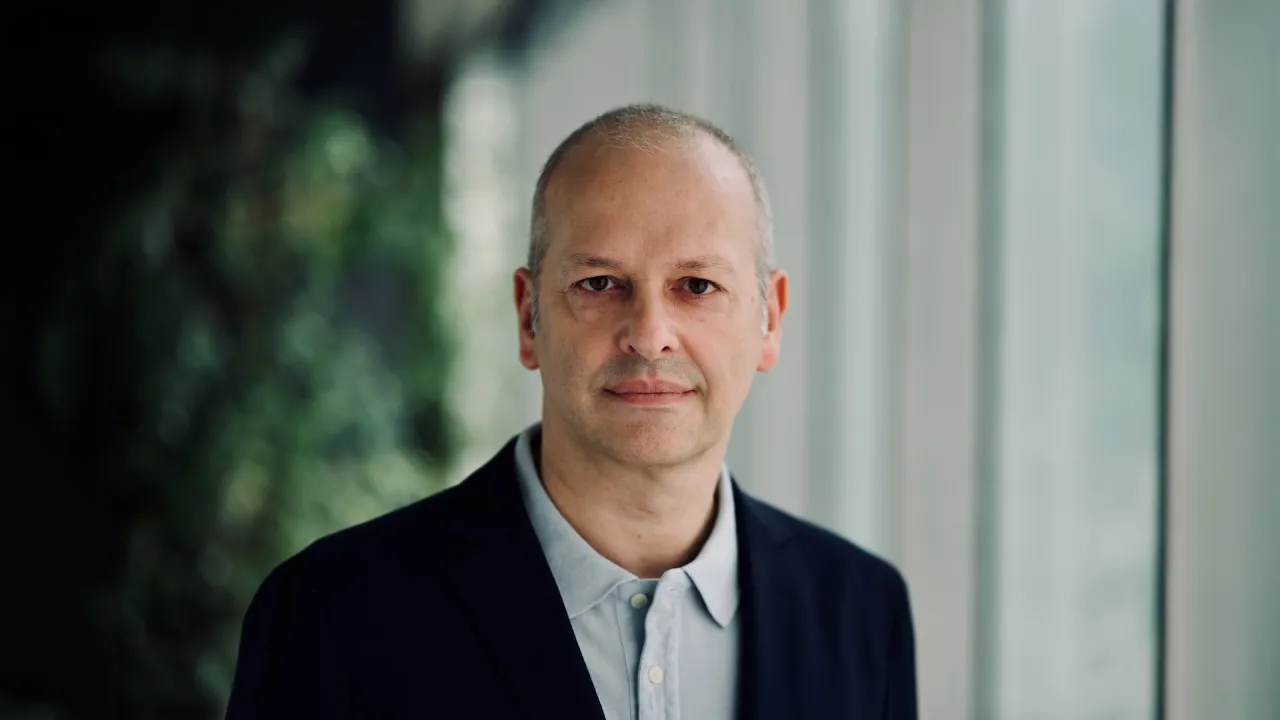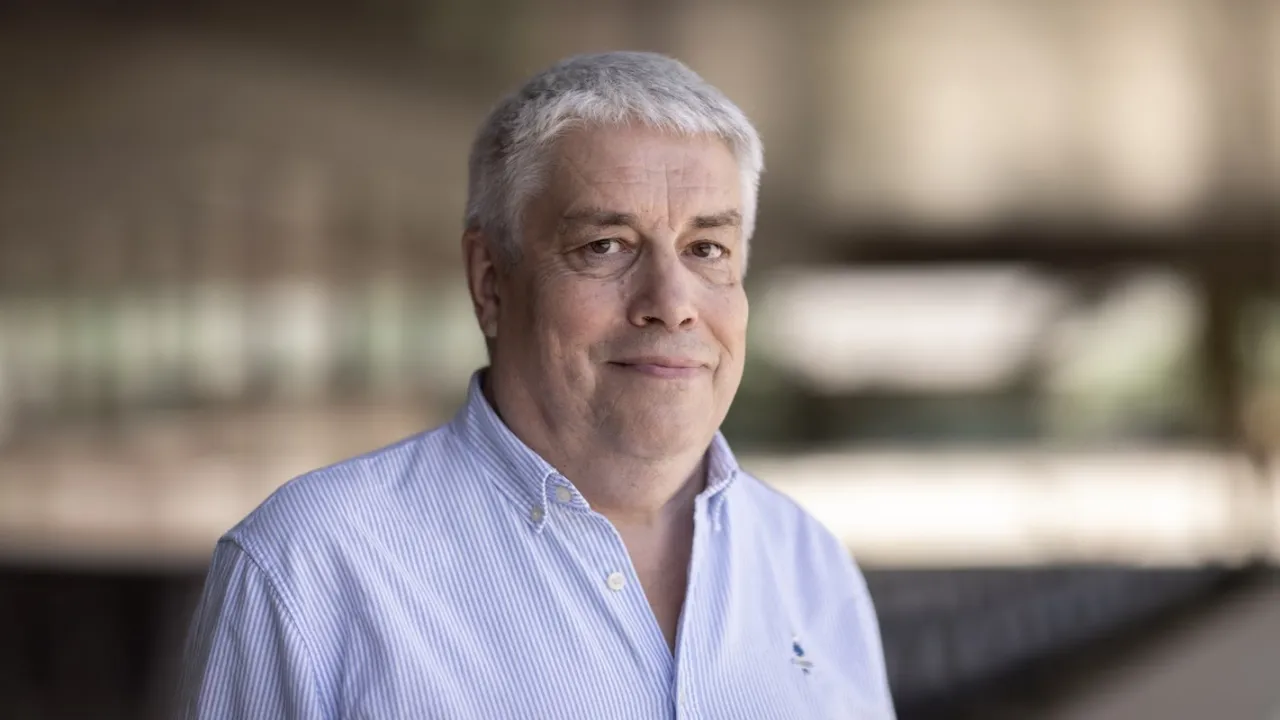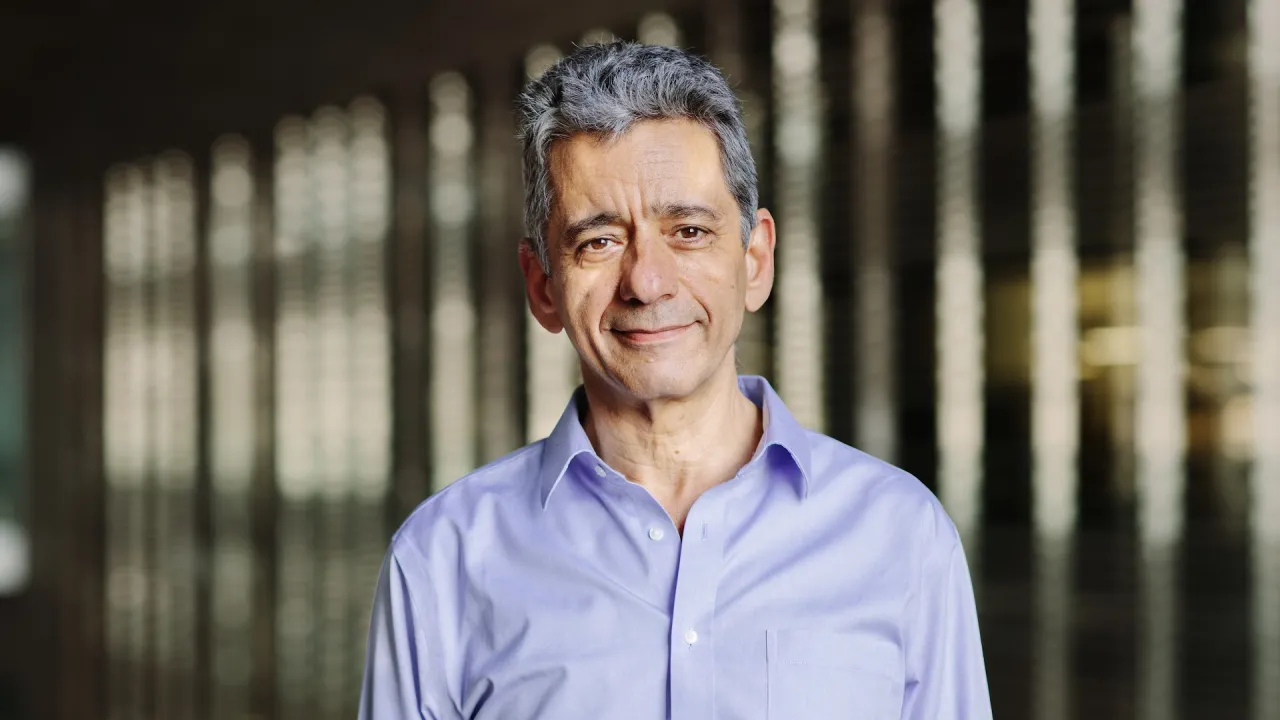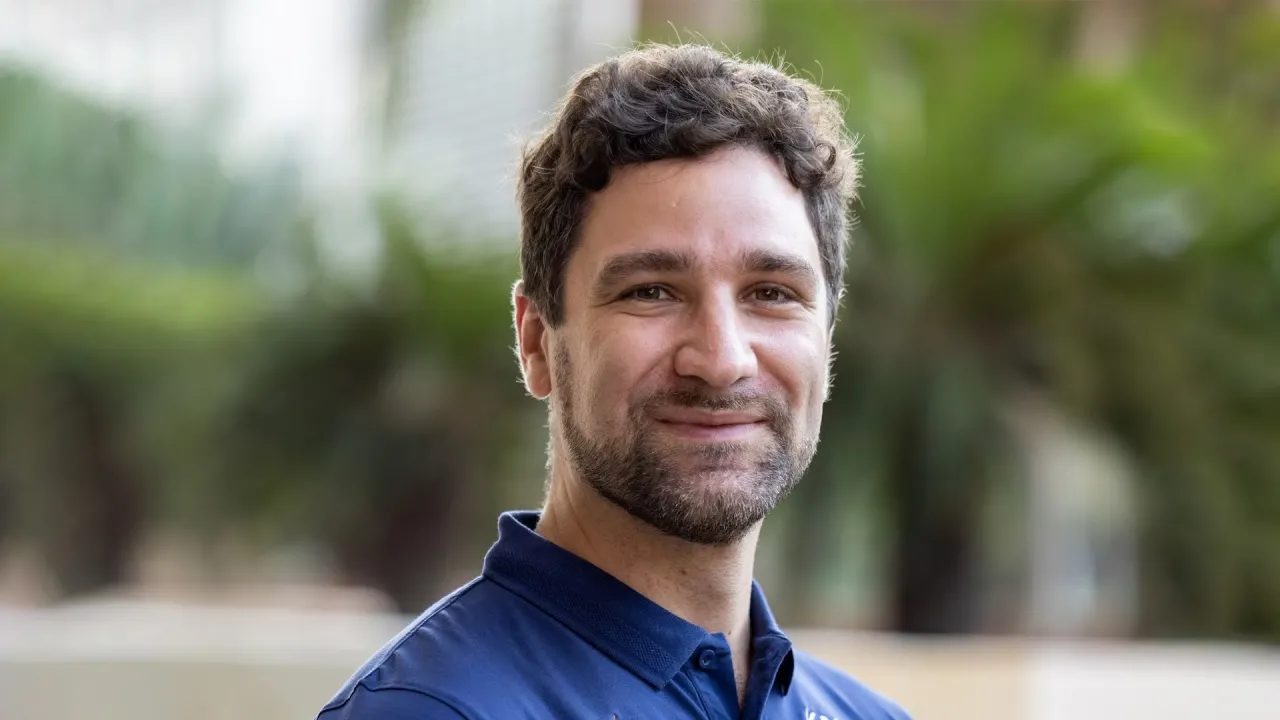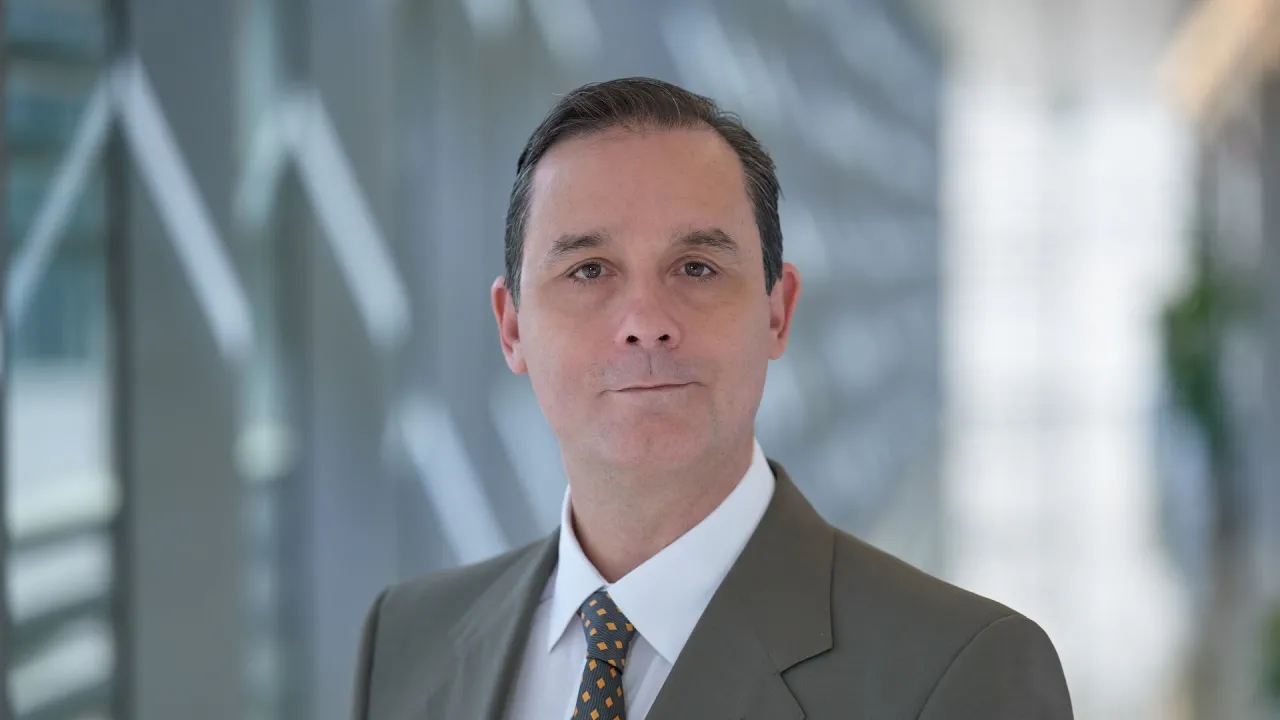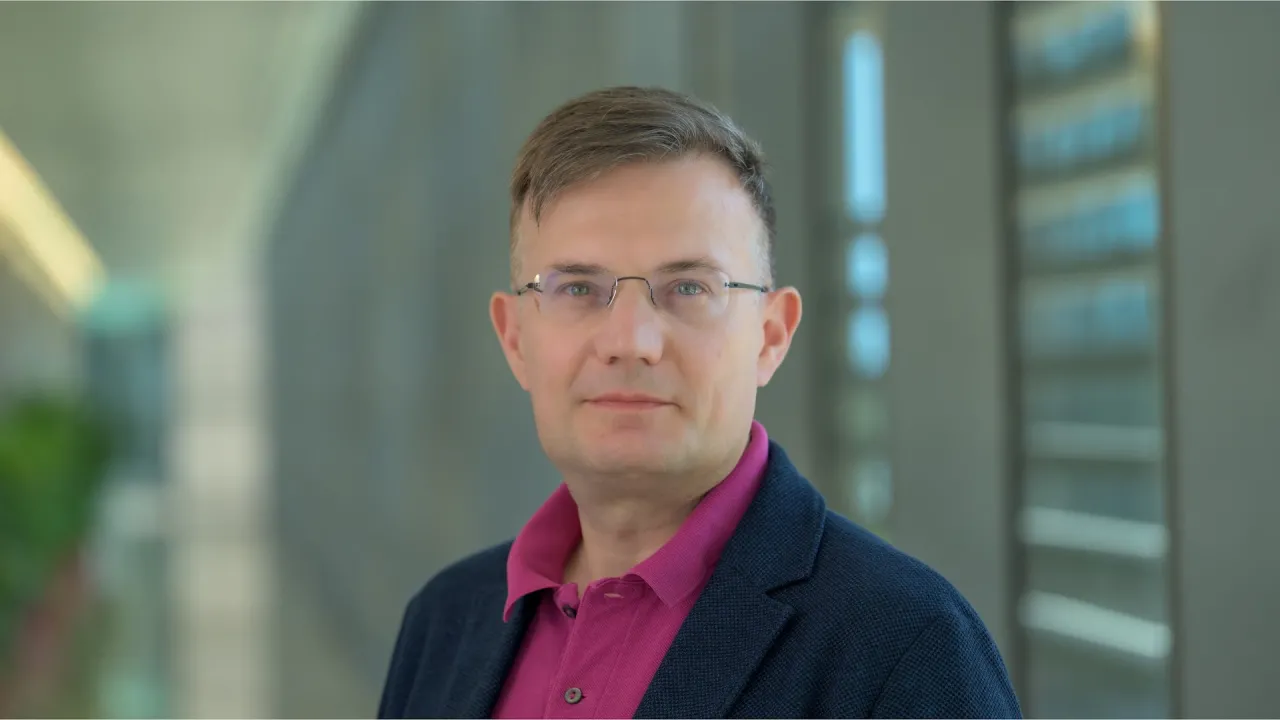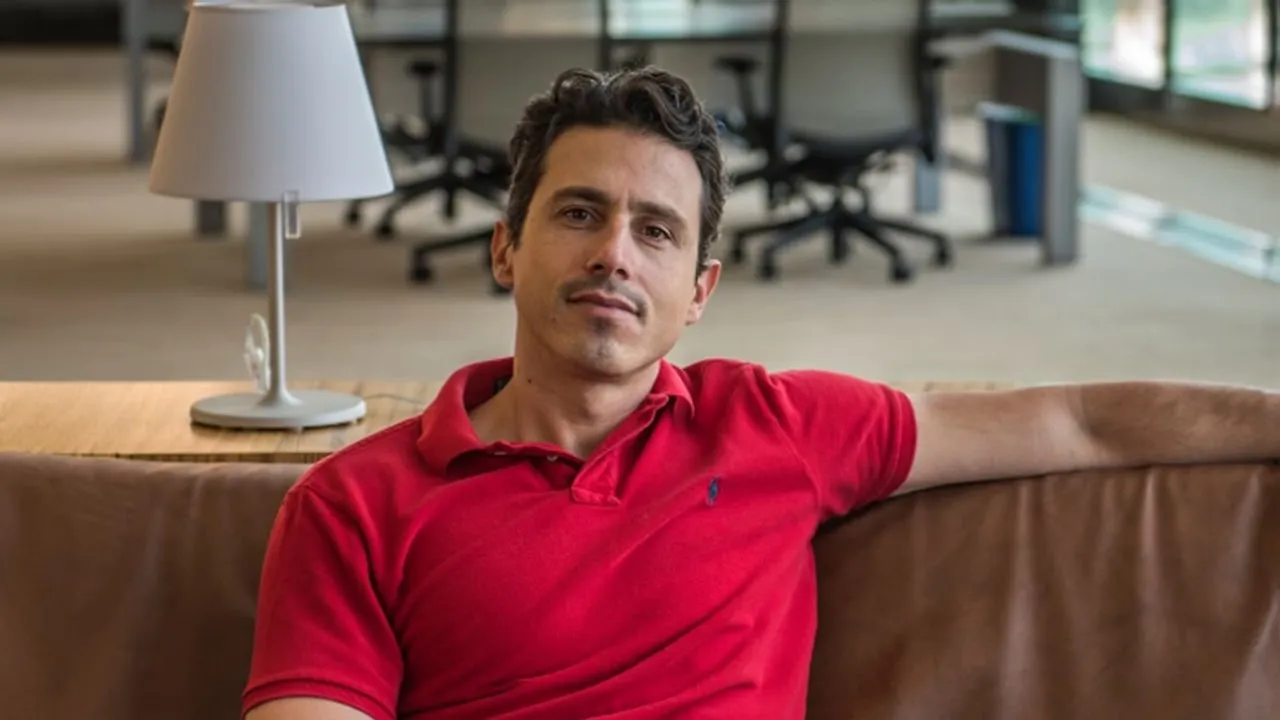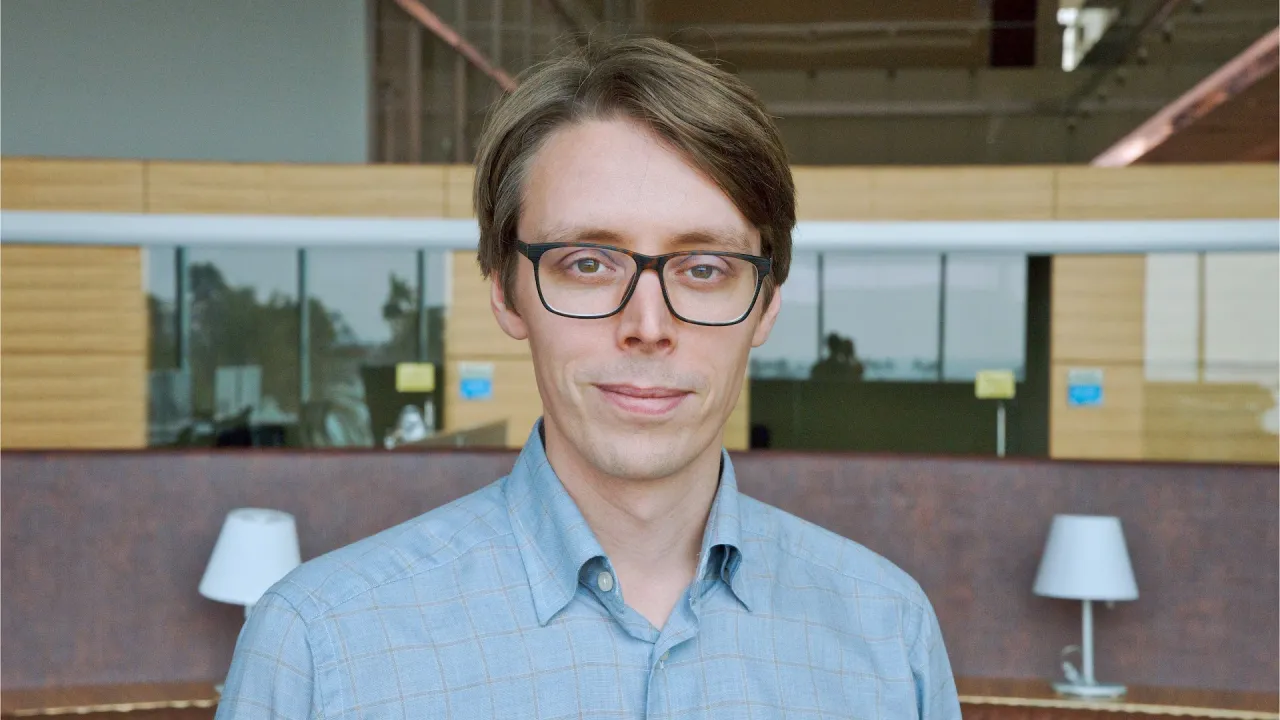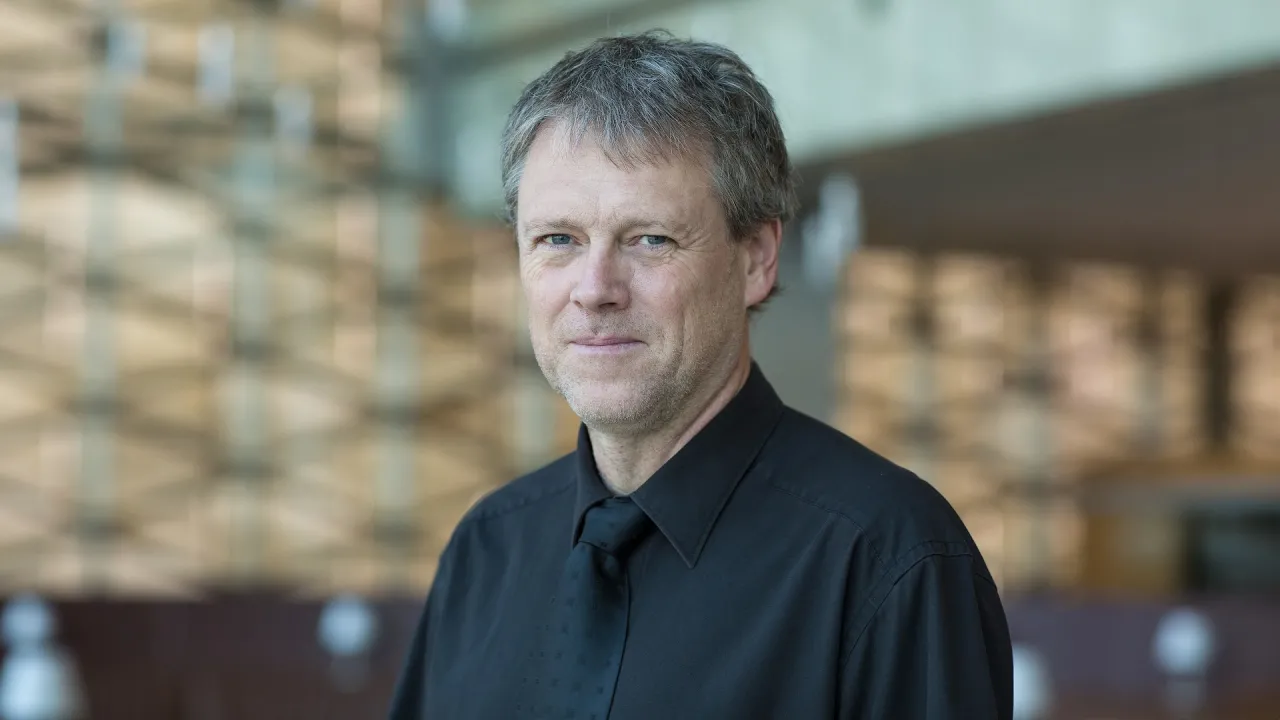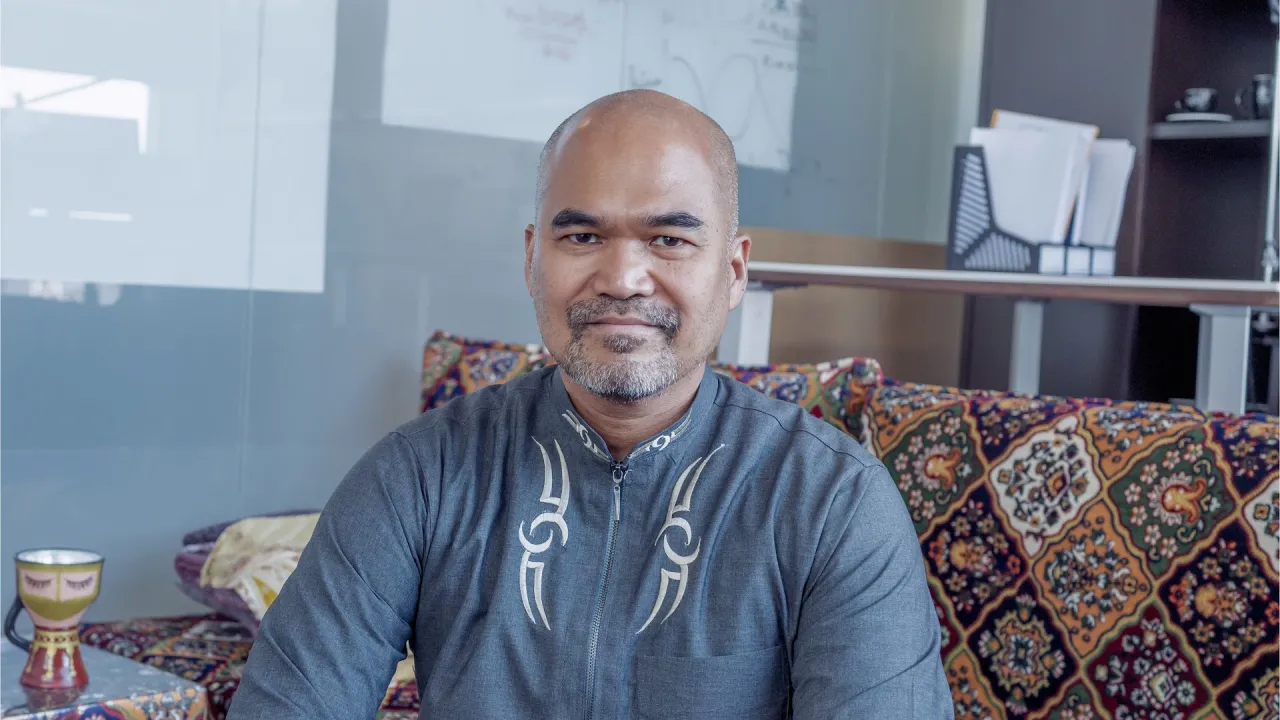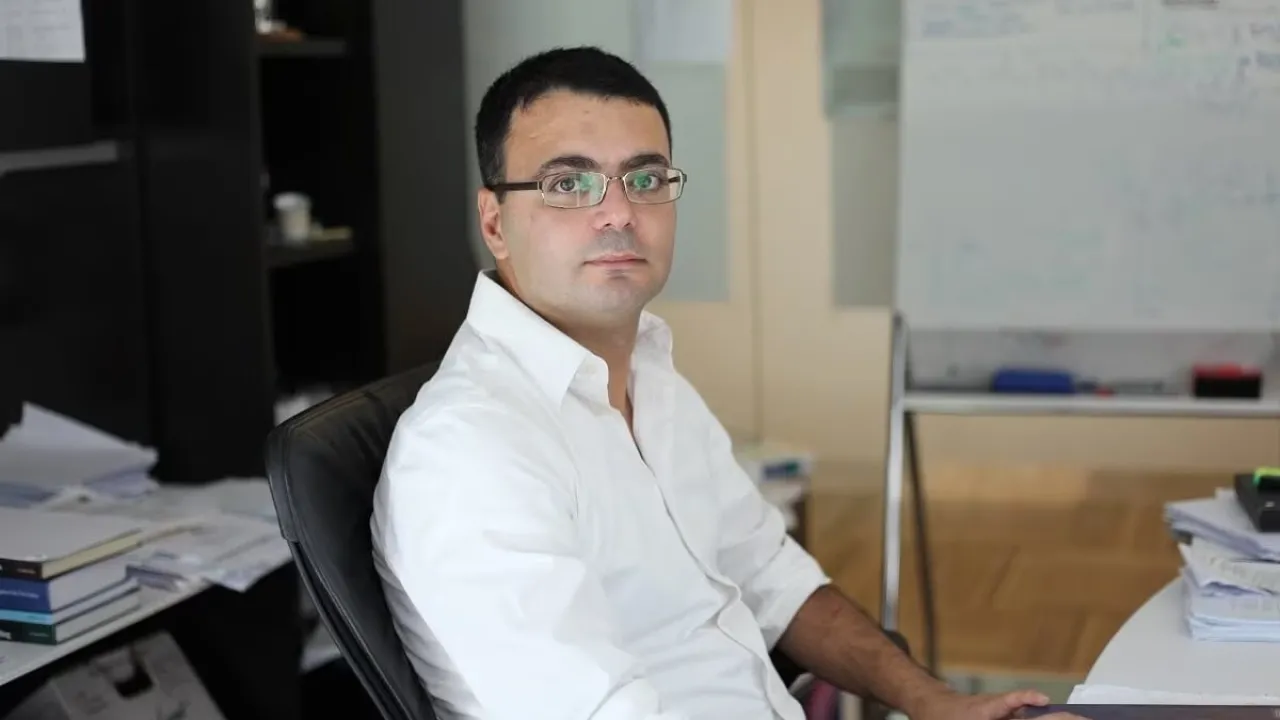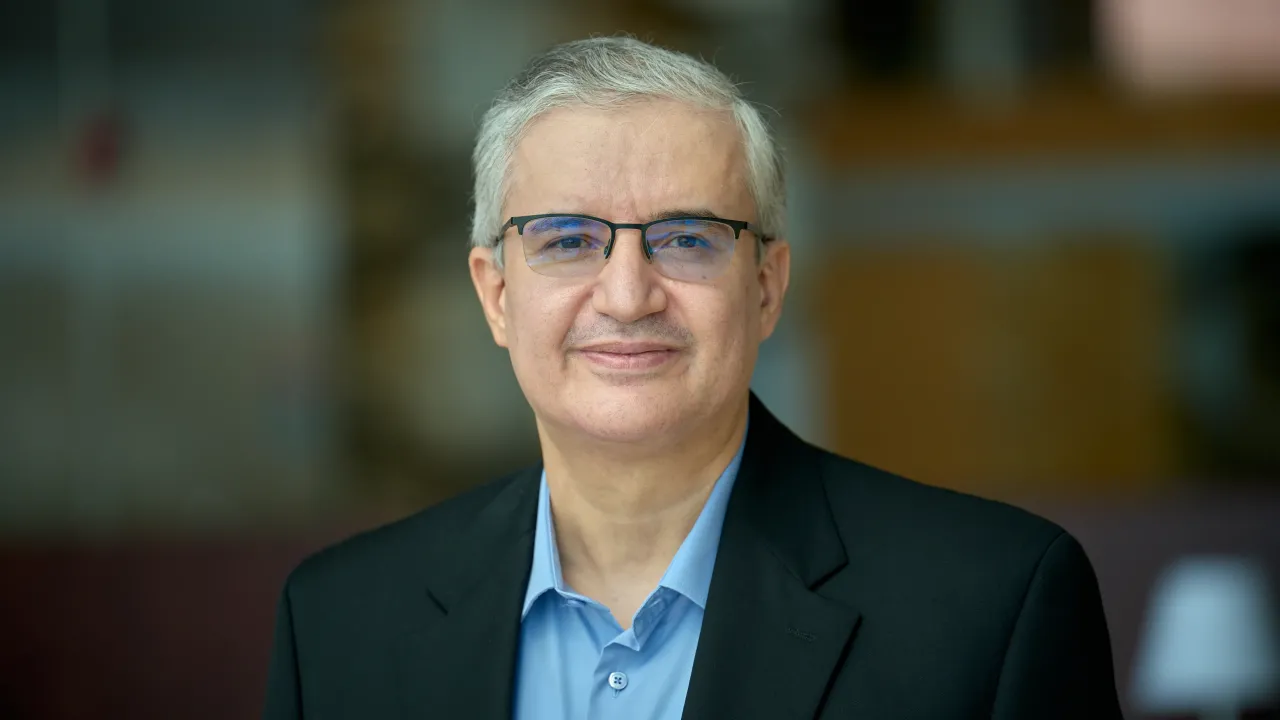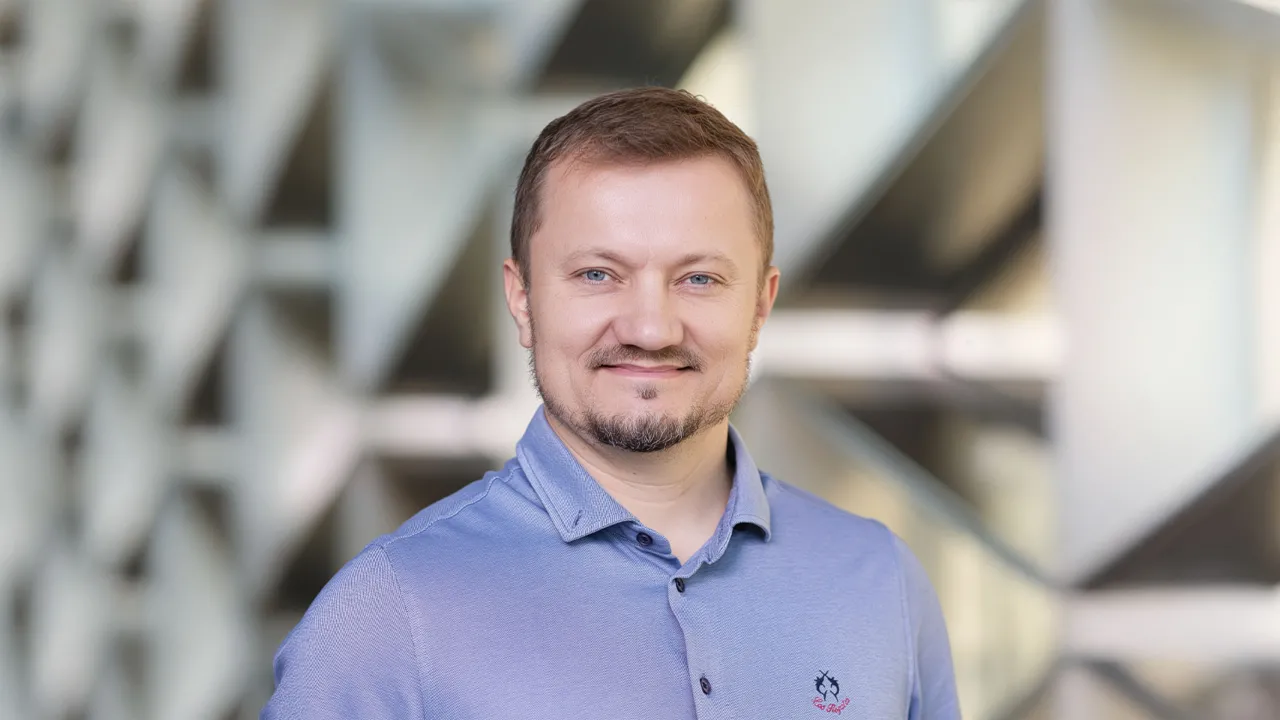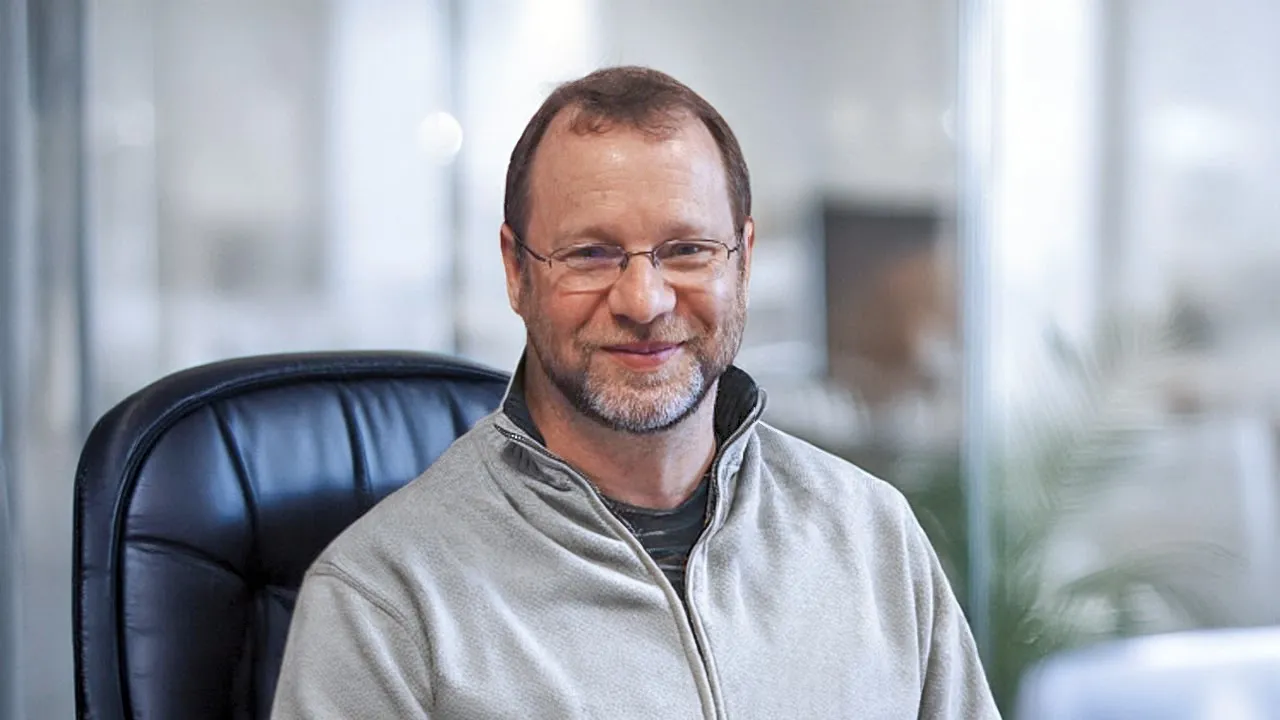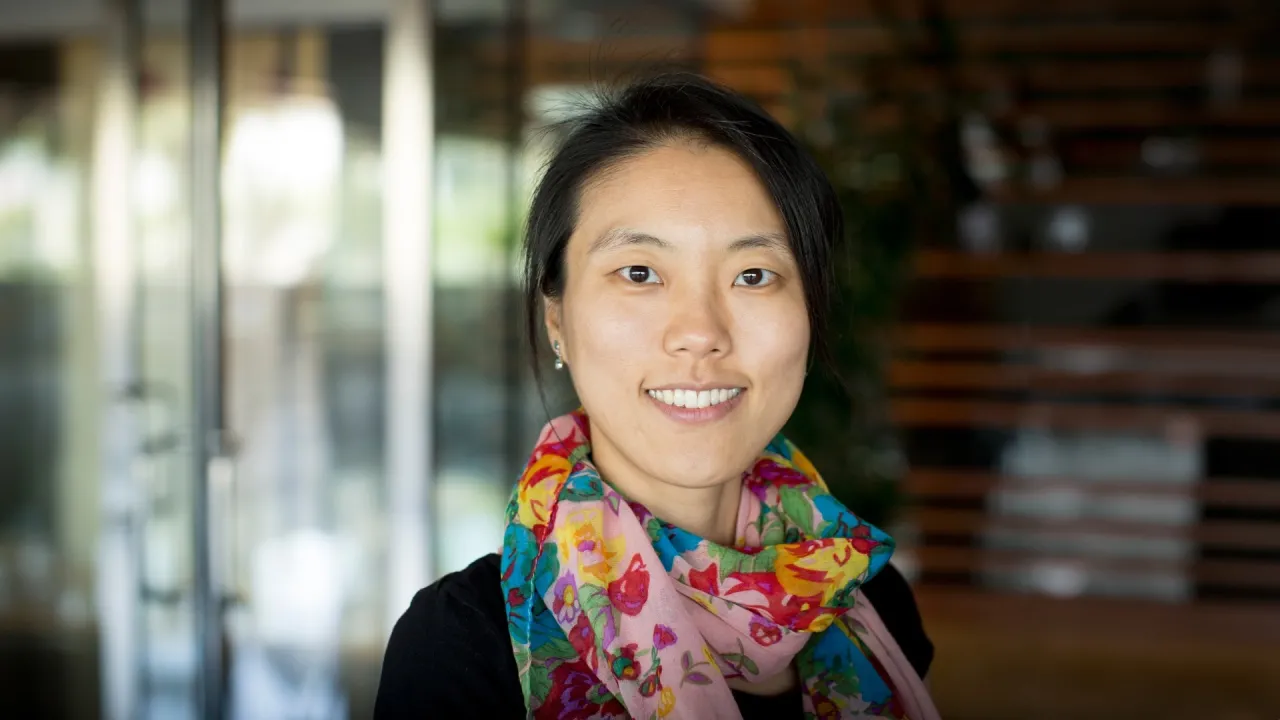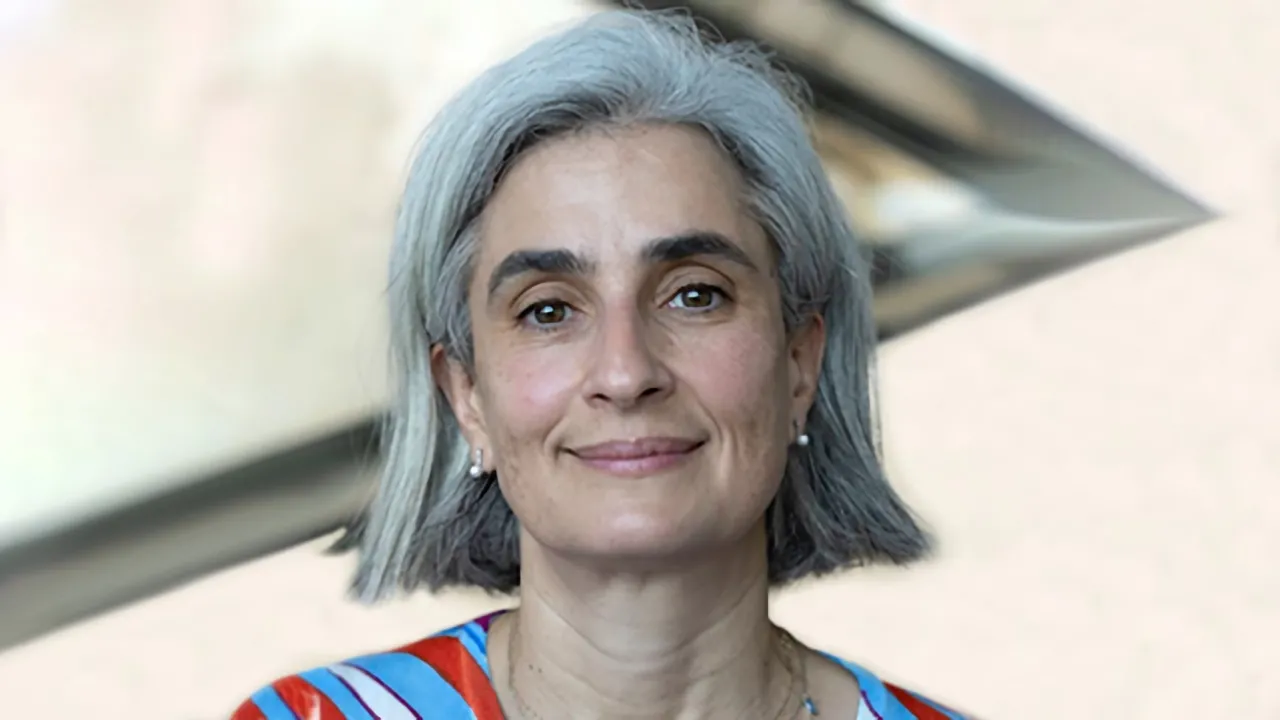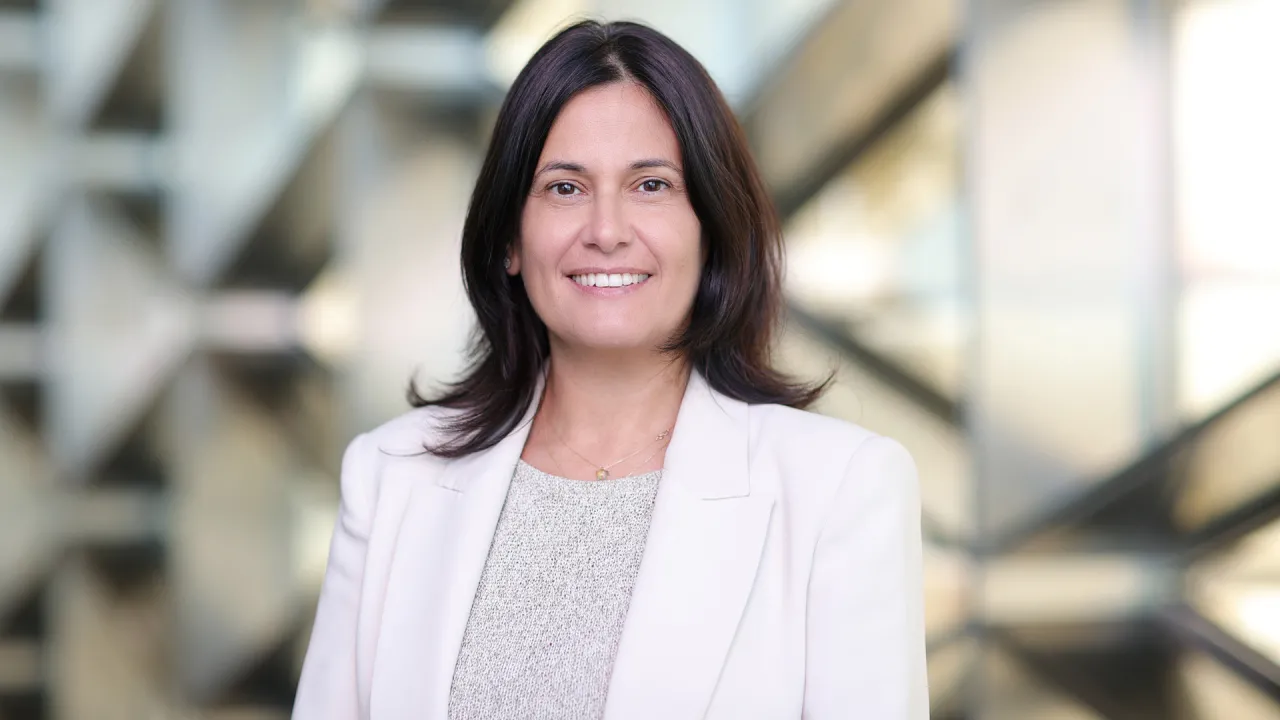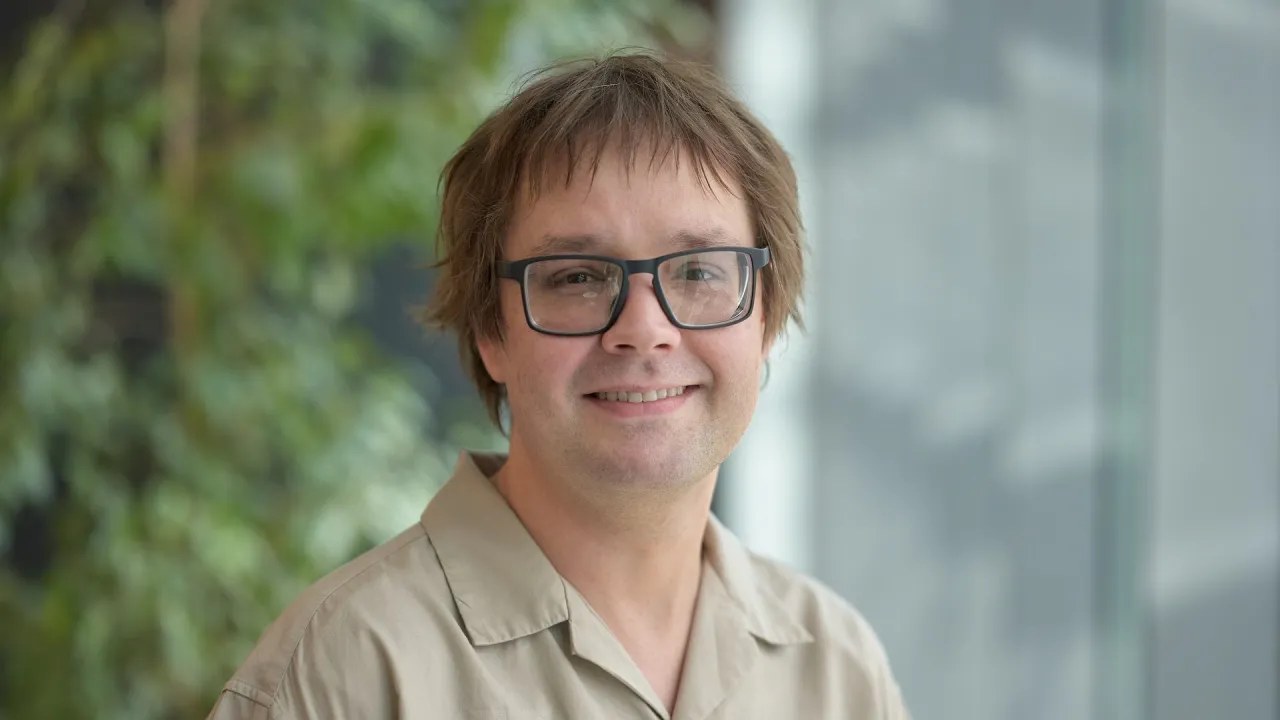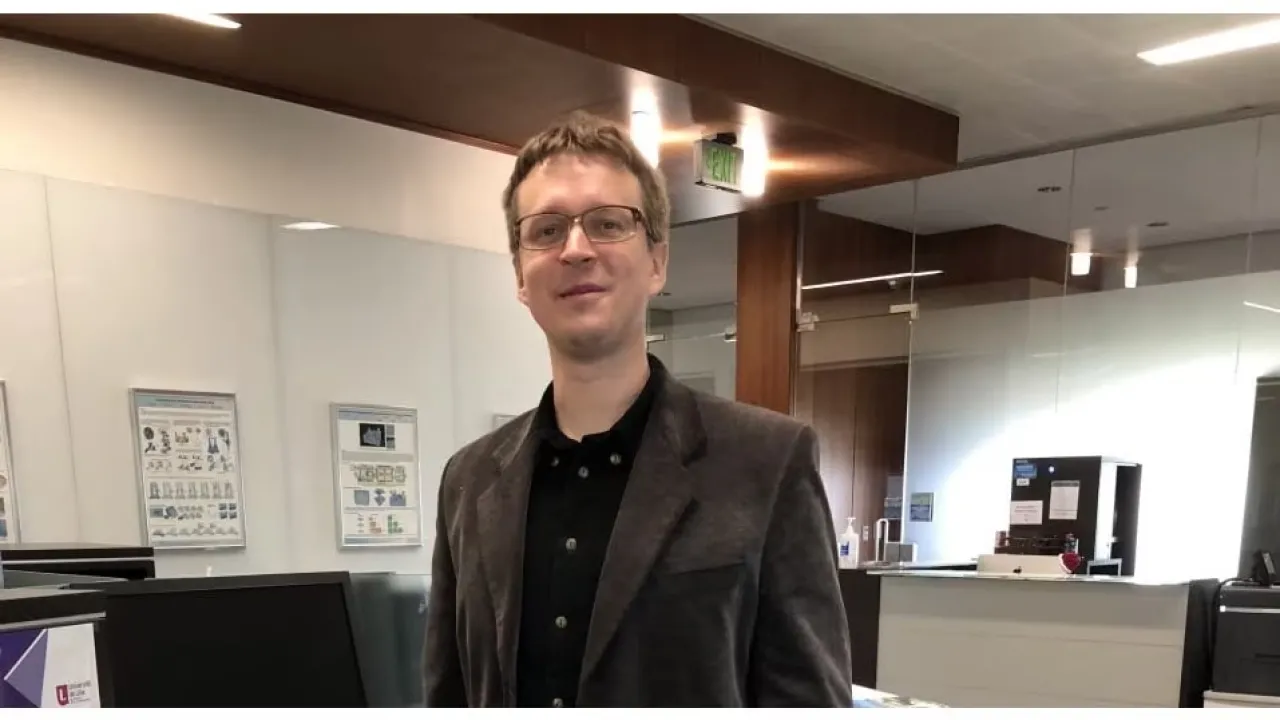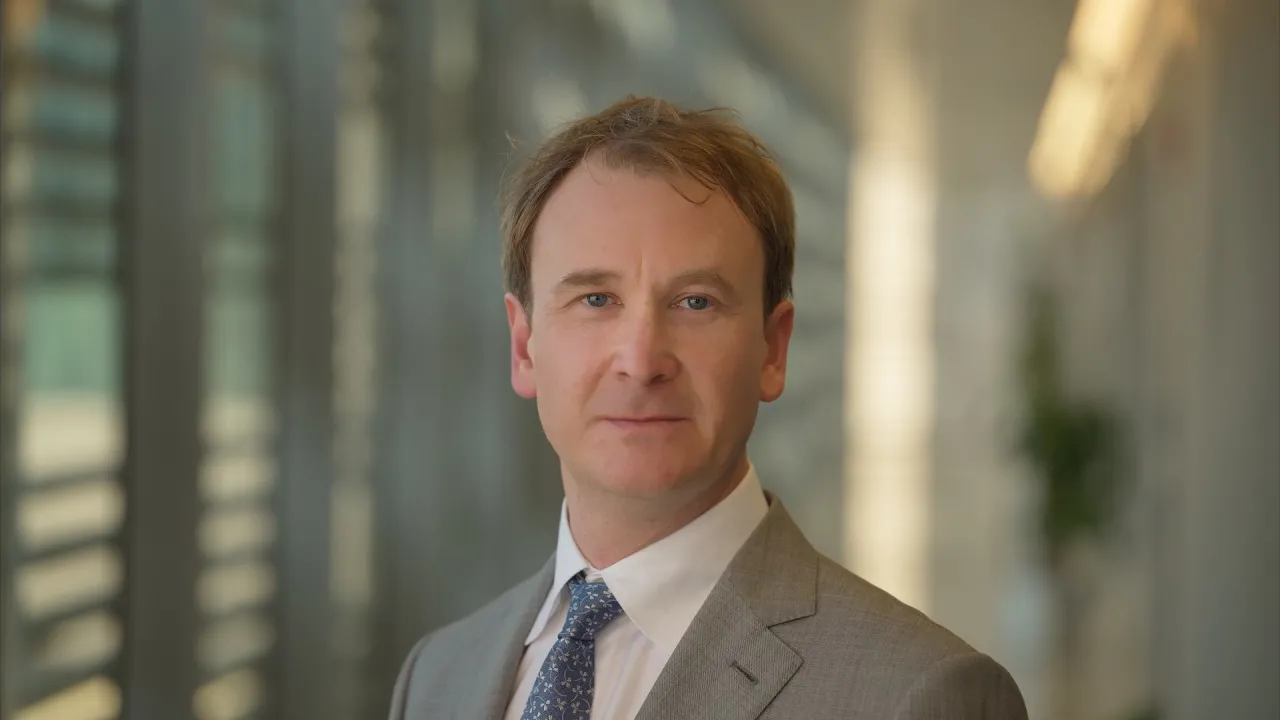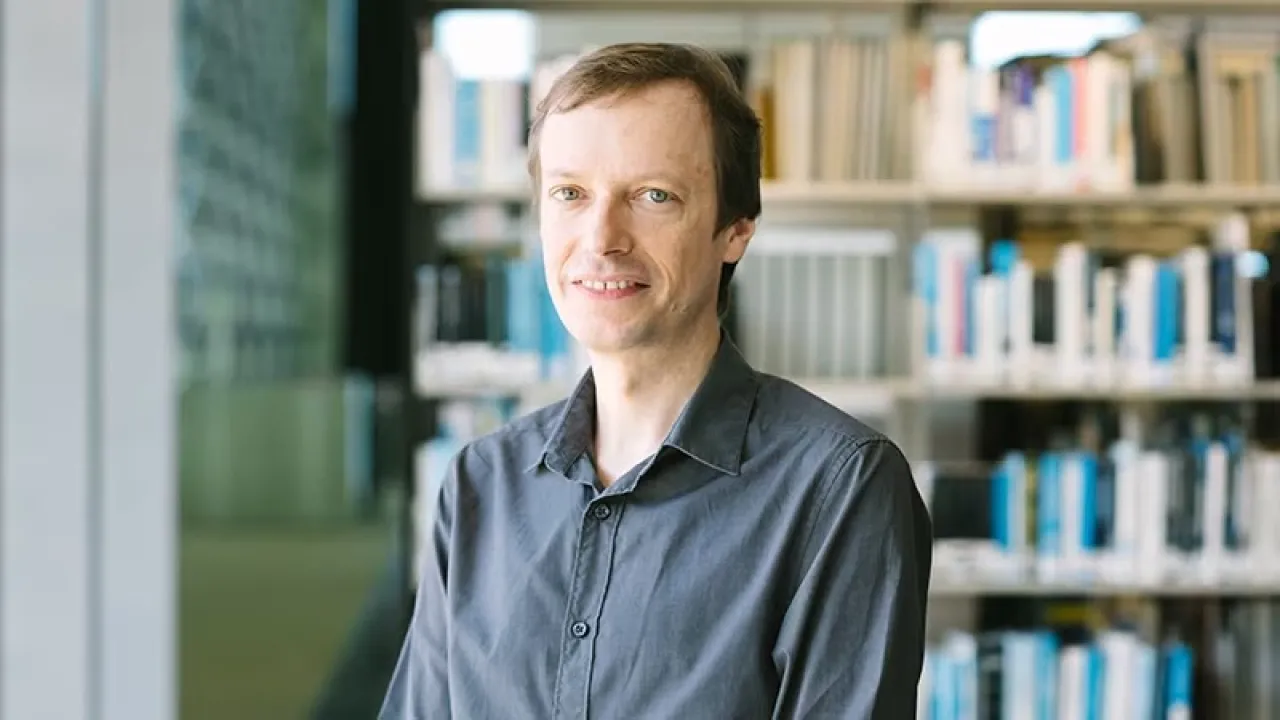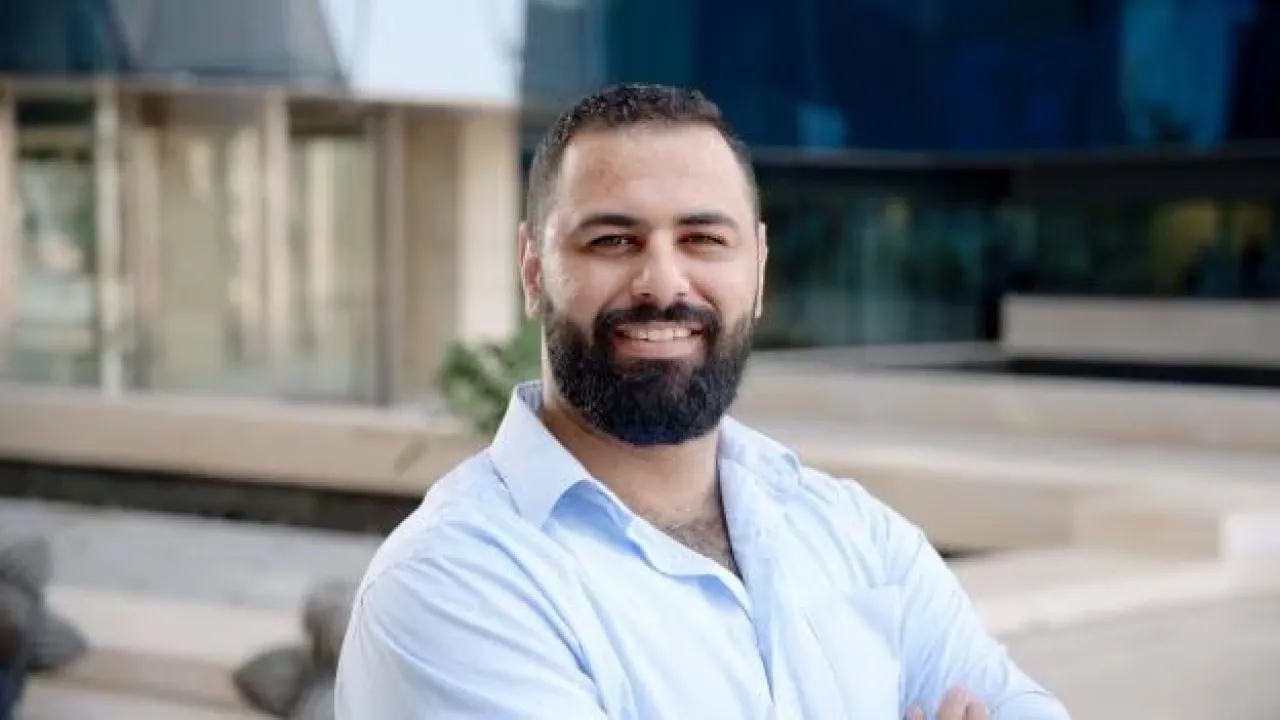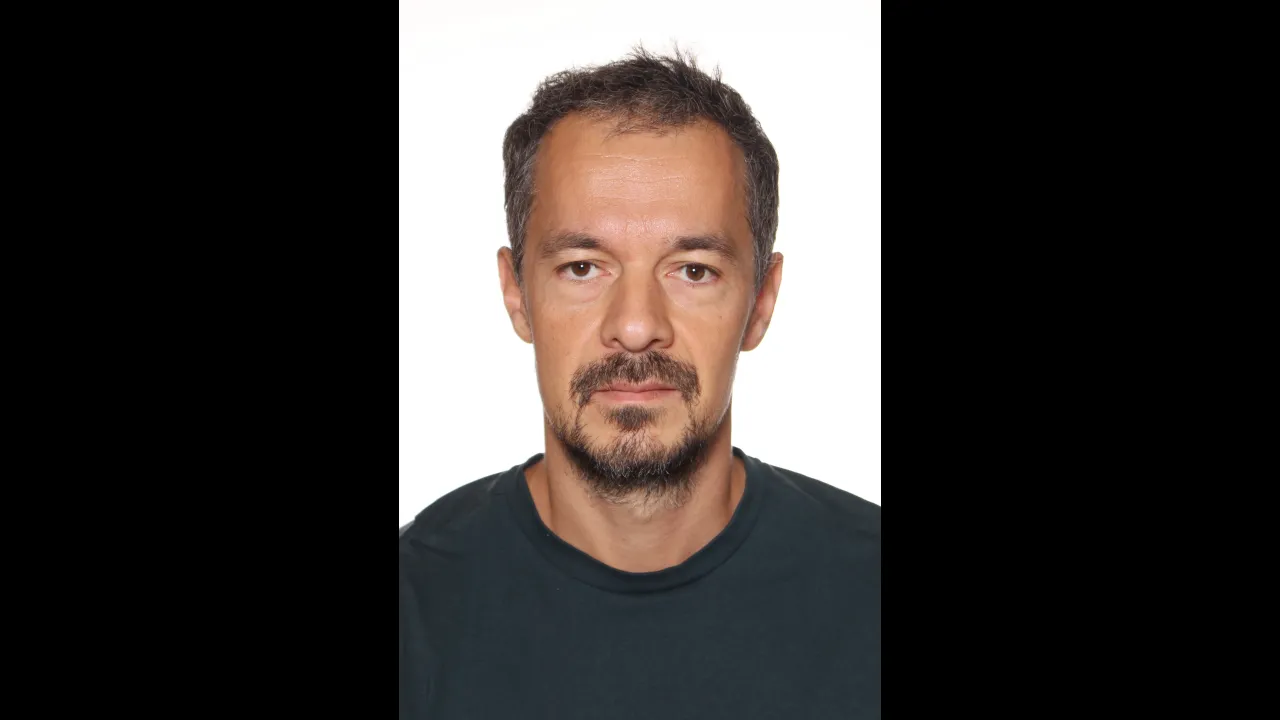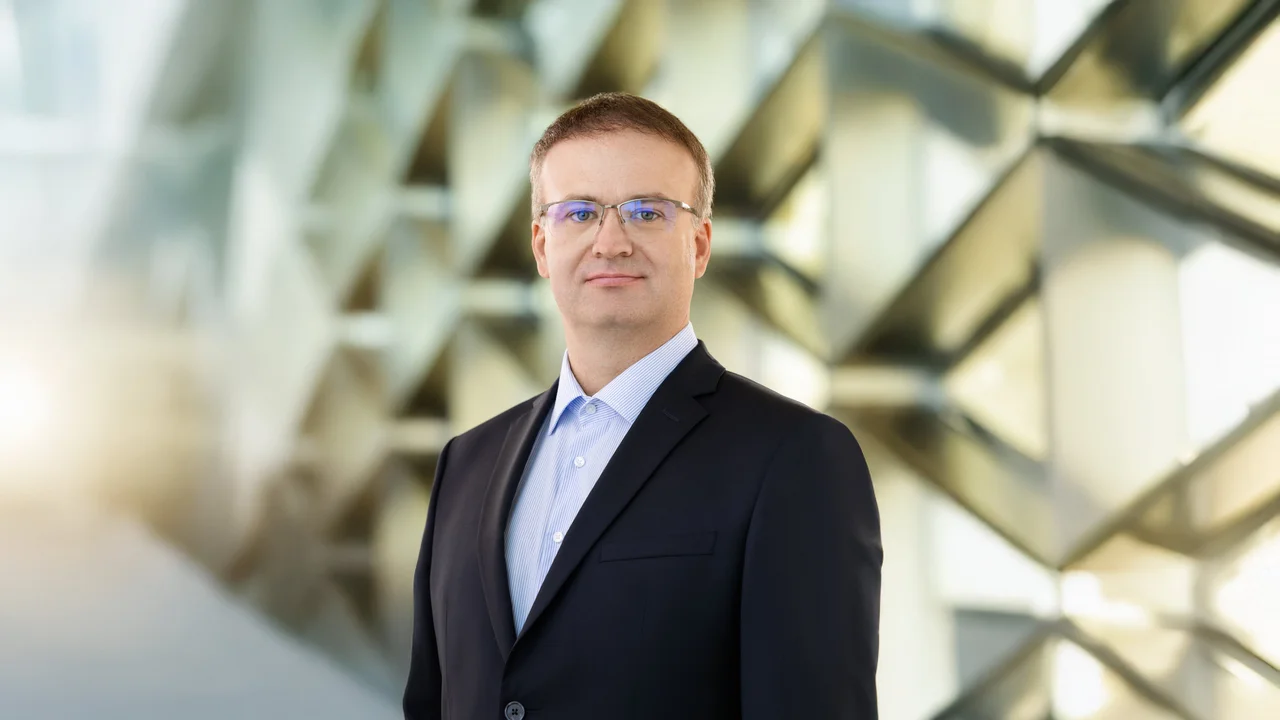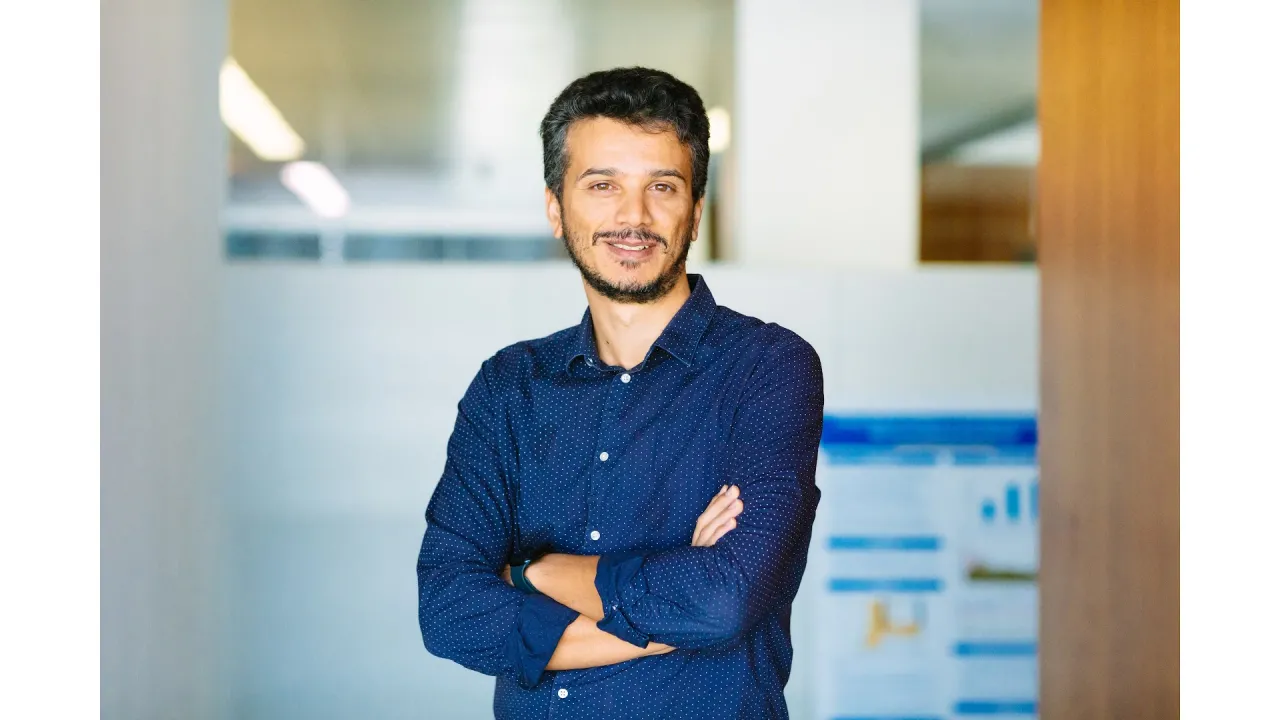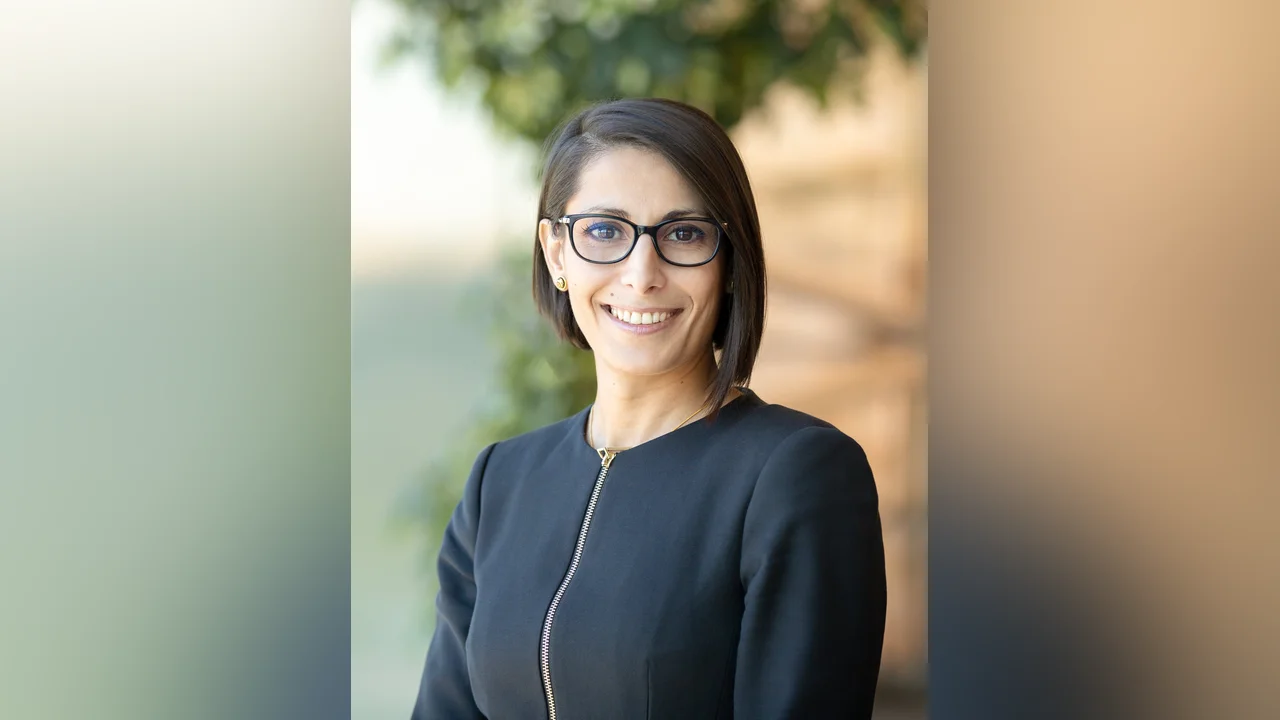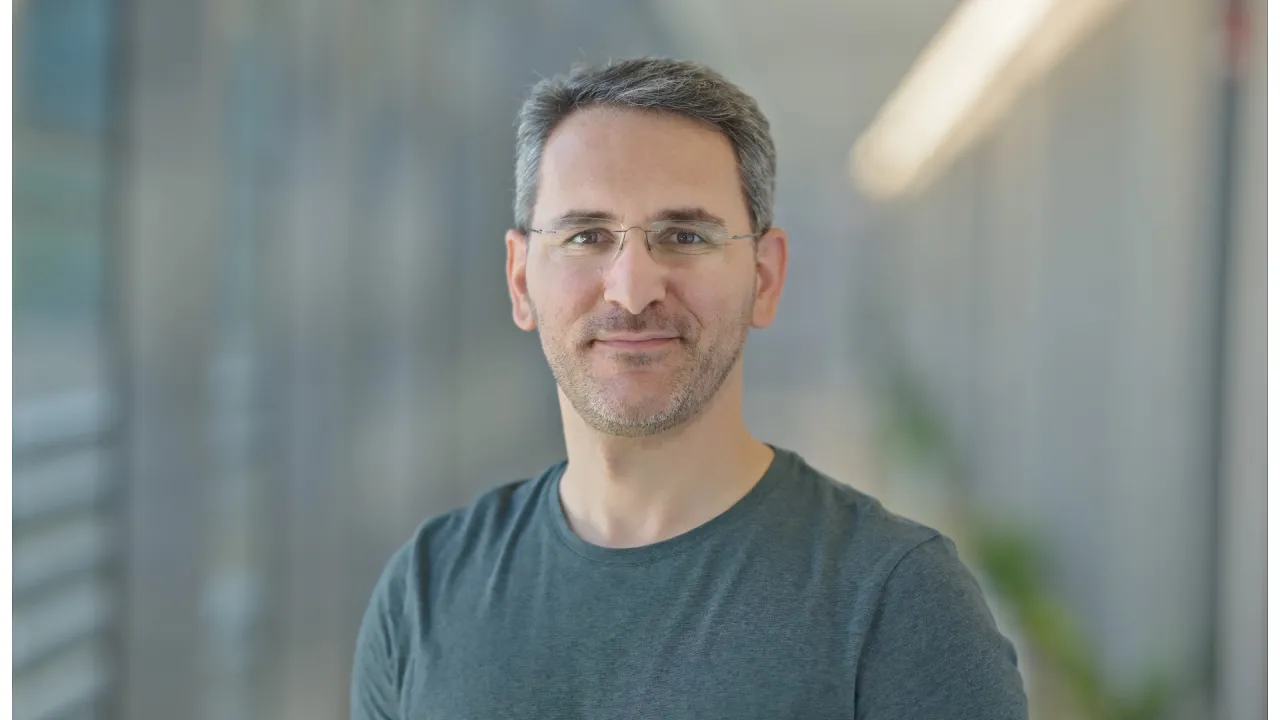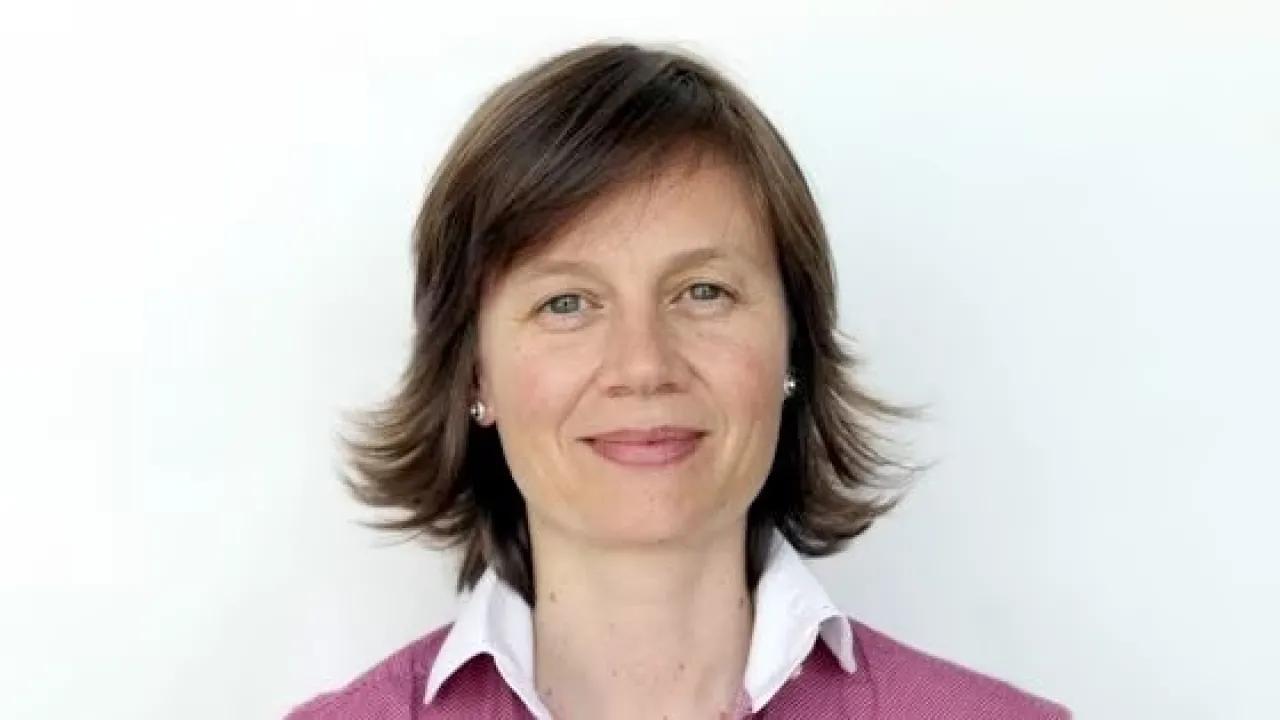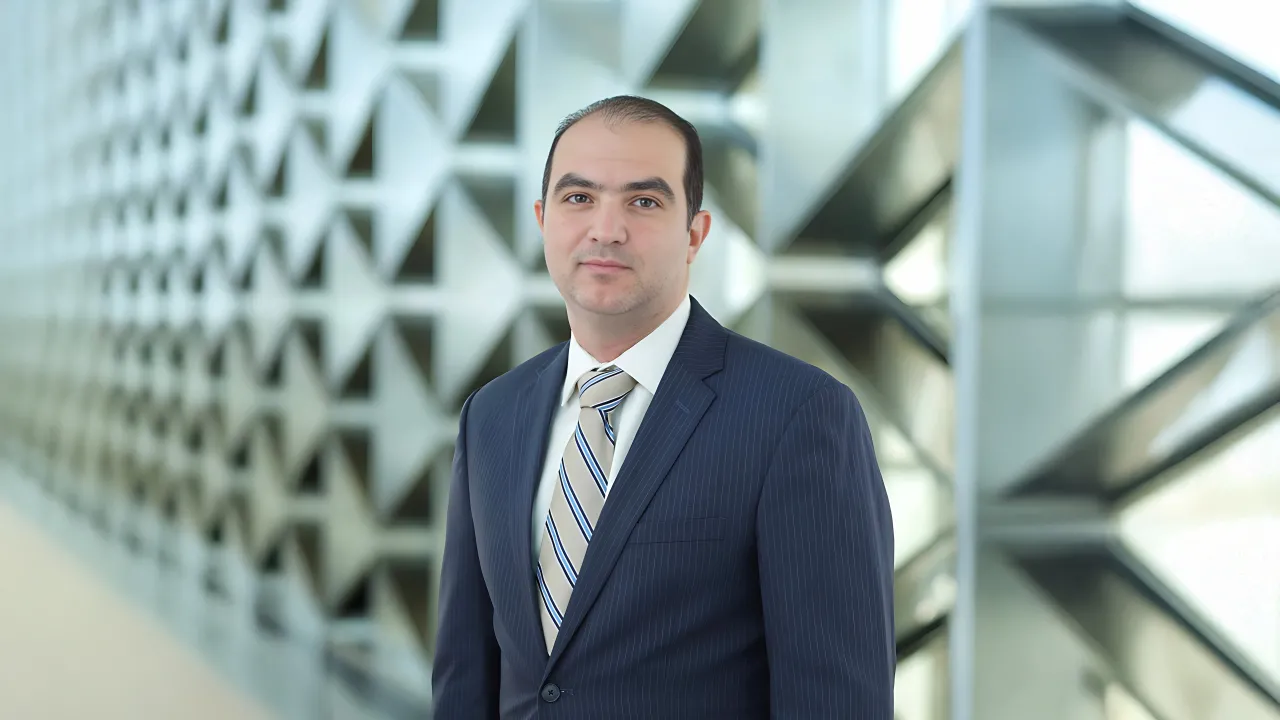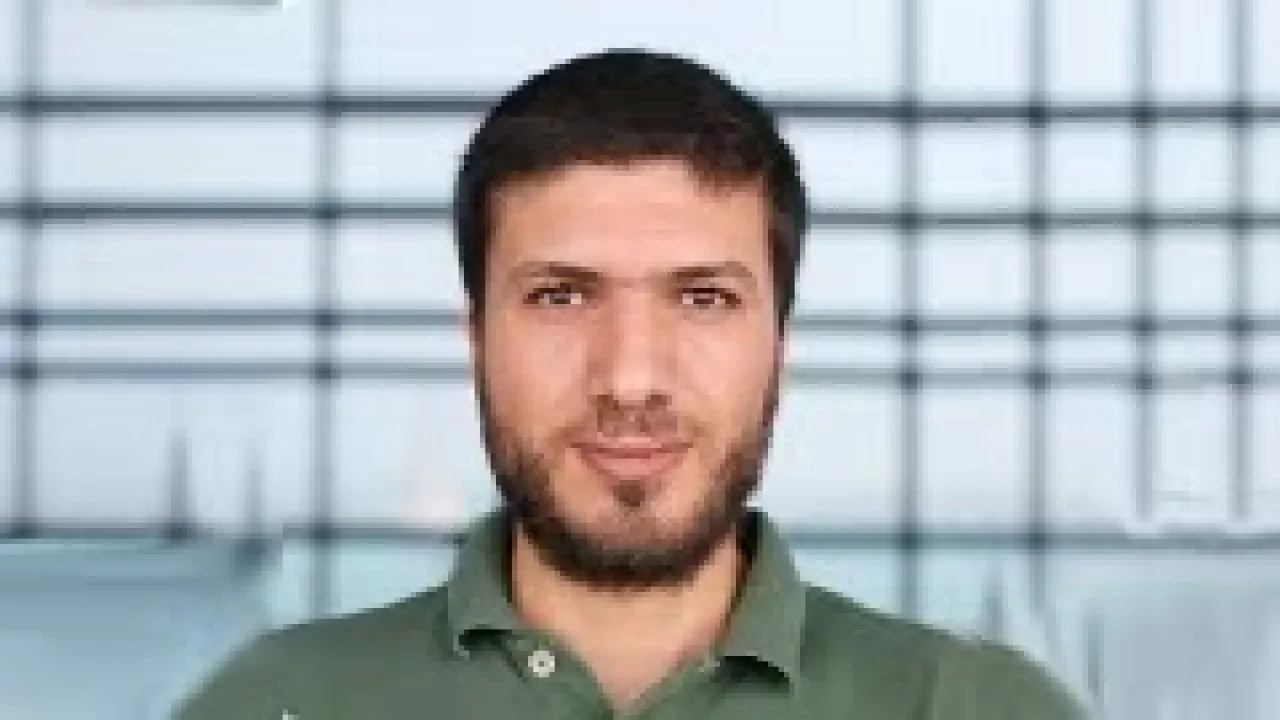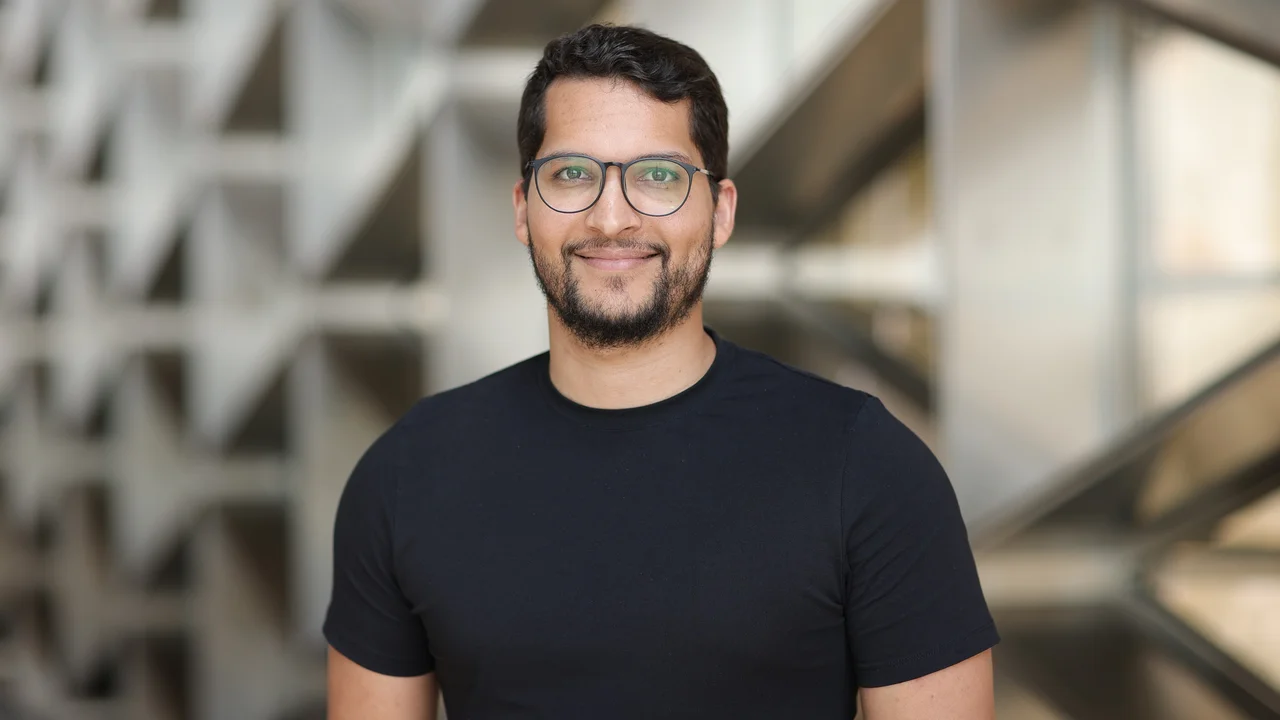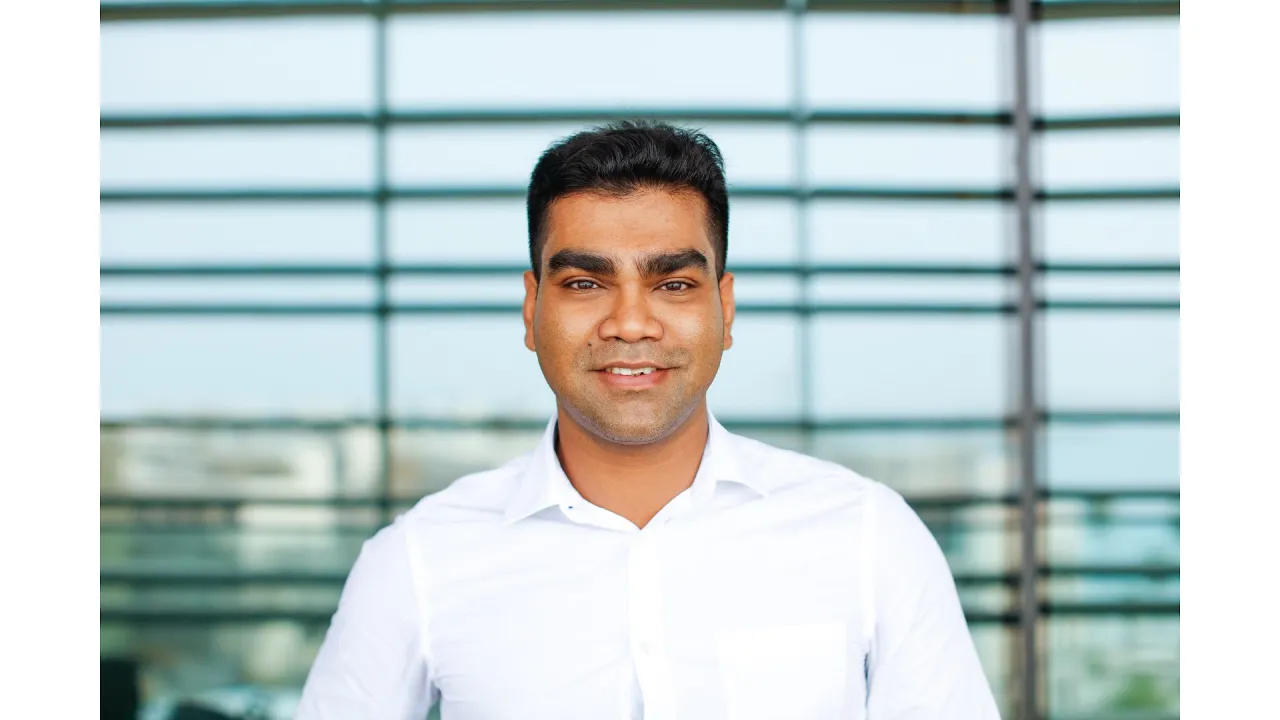Biography
Professor Matteo Parsani is an associate professor of Applied Mathematics and Computational Sciences at KAUST. He is also affiliated with the Mechanical Engineering Program and leads the Advanced Algorithms and Simulations Lab (AANSLab).
Hi research leverages self-adaptive algorithms, high-performance computing, and the judicious use of machine learning to enhance simulation accuracy, efficiency and reliability in real-world applications. Drawing on experience from NASA Langley Research Center and other leading research institutions, he specializes in computational fluid dynamics, modeling, and efficient high-fidelity numerical simulations.
Professor Parsani's research advances a broad spectrum of technologies, including next-generation aerospace technologies and urban air mobility for cognitive cities, noise reduction for sustainable air travel, hypersonic flight, and aerodynamics of F1 and electric vehicles. His research extends to computational modeling in biomedical science, applying simulations to study biological systems in cancer treatments and the flow dynamics of reef environments for intervention-based coral reef growth recovery.
Parsani's high-performance computational solvers and libraries are utilized to tackle complex engineering challenges in collaboration with industry partners such as Boeing, NASA’s Langley Research Center (LaRC), the McLaren F1 racing team, Airbus, E1 Series and Lucid Motors.
He earned his Master’s in Aerospace Engineering from Politecnico di Milano, Italy (2006), and his Ph.D. in Mechanical Engineering from Vrije Universiteit, Belgium (2010). He joined KAUST as a postdoctoral fellow in 2010 before pursuing a fellowship at NASA Langley Research Center. In 2014, he joined KAUST as a professor.
Beyond academia, Professor Matteo is a former soccer player and activist for people with disabilities. In December 2023, he embarked on an unprecedented coast-to-coast hand-bike journey across the Kingdom of Saudi Arabia to promote physical activities, sports, and awareness about people with disabilities. He covered nearly 150 kilometers daily on a hand-bike, totaling over 3,100 kilometers in about 22 days. This challenge was once deemed impossible for someone who has been living with an incomplete spinal injury since 2017.
Research Interests
Professor Matteo Parsani’s research interests are related to designing and implementing novel, robust and scalable numerical methods. Specifically, unstructured grids for hyperbolic and mixed hyperbolic/parabolic partial differential equations.
A core focus of Parsani’s research is on efficient and robust algorithms for the aerodynamic and aeroacoustic design of aerospace vehicles. Additionally, he studies non-classical gas-dynamic phenomena for energy conversion systems and the investigation of biological flow in cancer treatments.
His current research examines the stability and efficiency of spatial and temporal discretizations and structure-preserving methods that can mimic results from the continuous to the discrete level. A number of application domains are currently driving his research, including computational aerodynamics, dense gas flow simulations, and computational aeroacoustics.
Education
Doctor of Philosophy (Ph.D.)
Mechanical Engineering, Vrije Universiteit Brussel, Belgium, 2010
Master of Science (M.S.)
Aerospace Engineering, Politecnico di Milano, Italy, 2006
